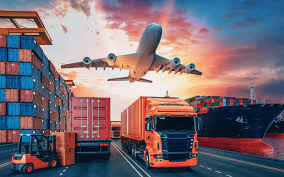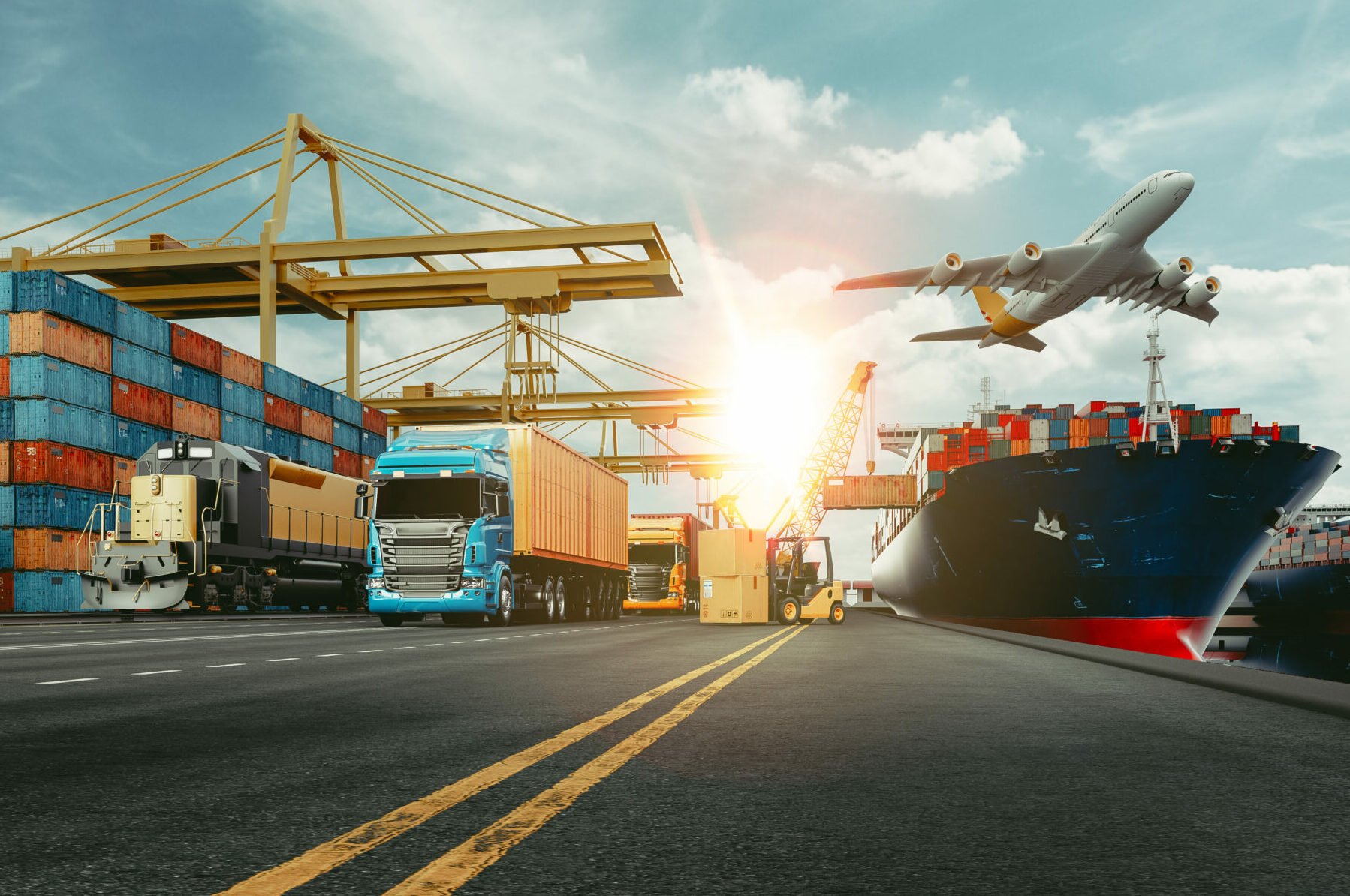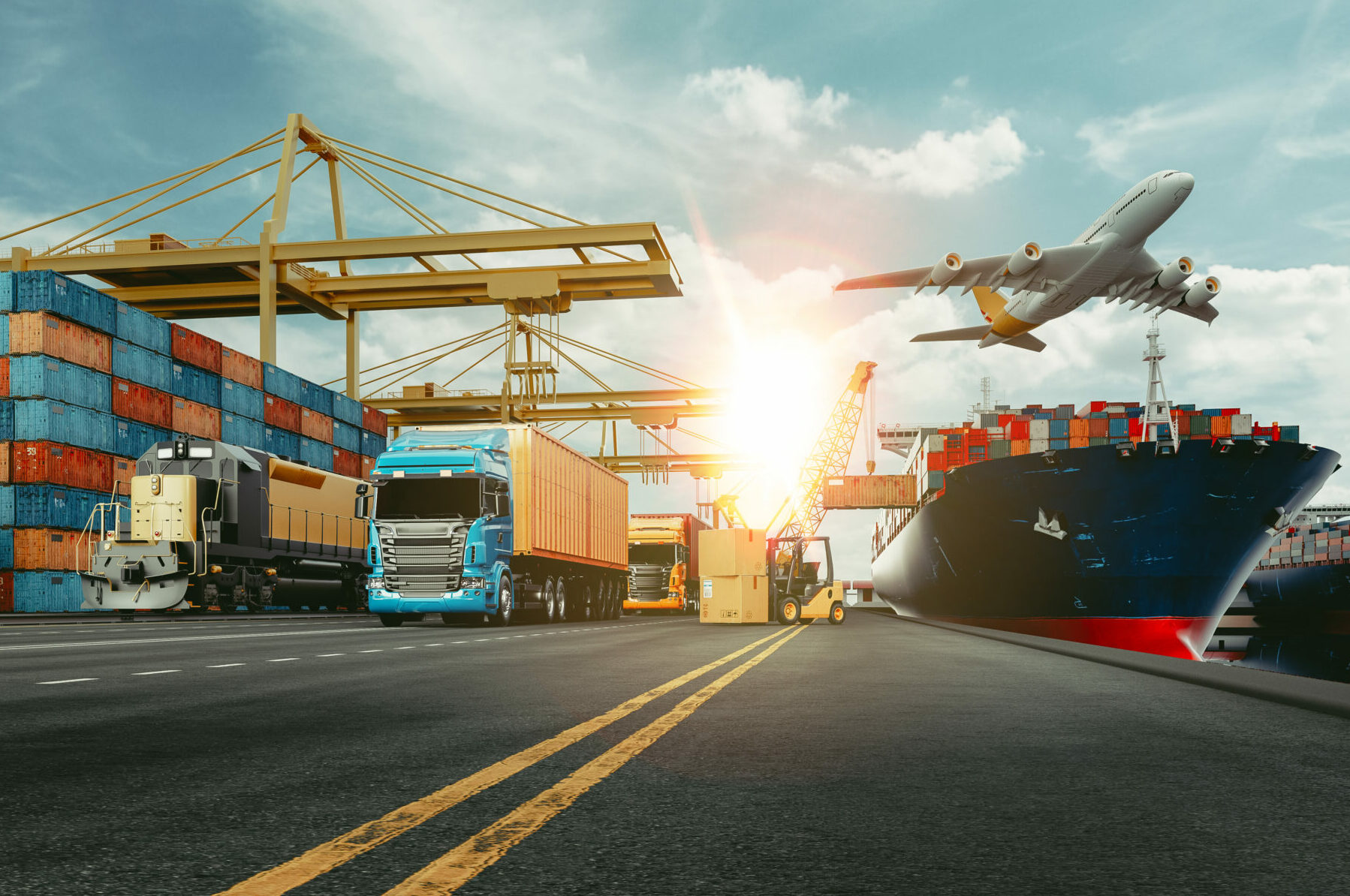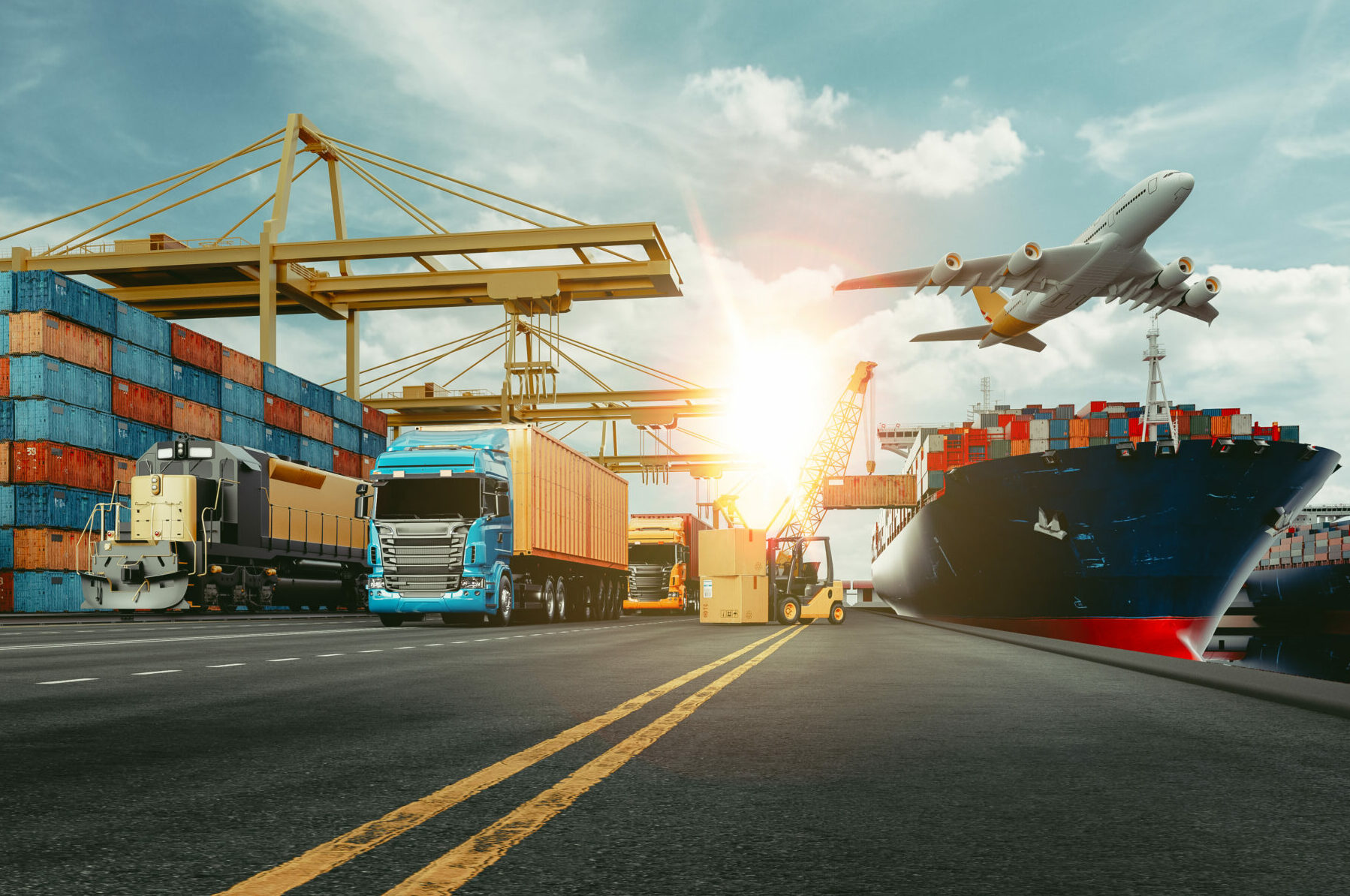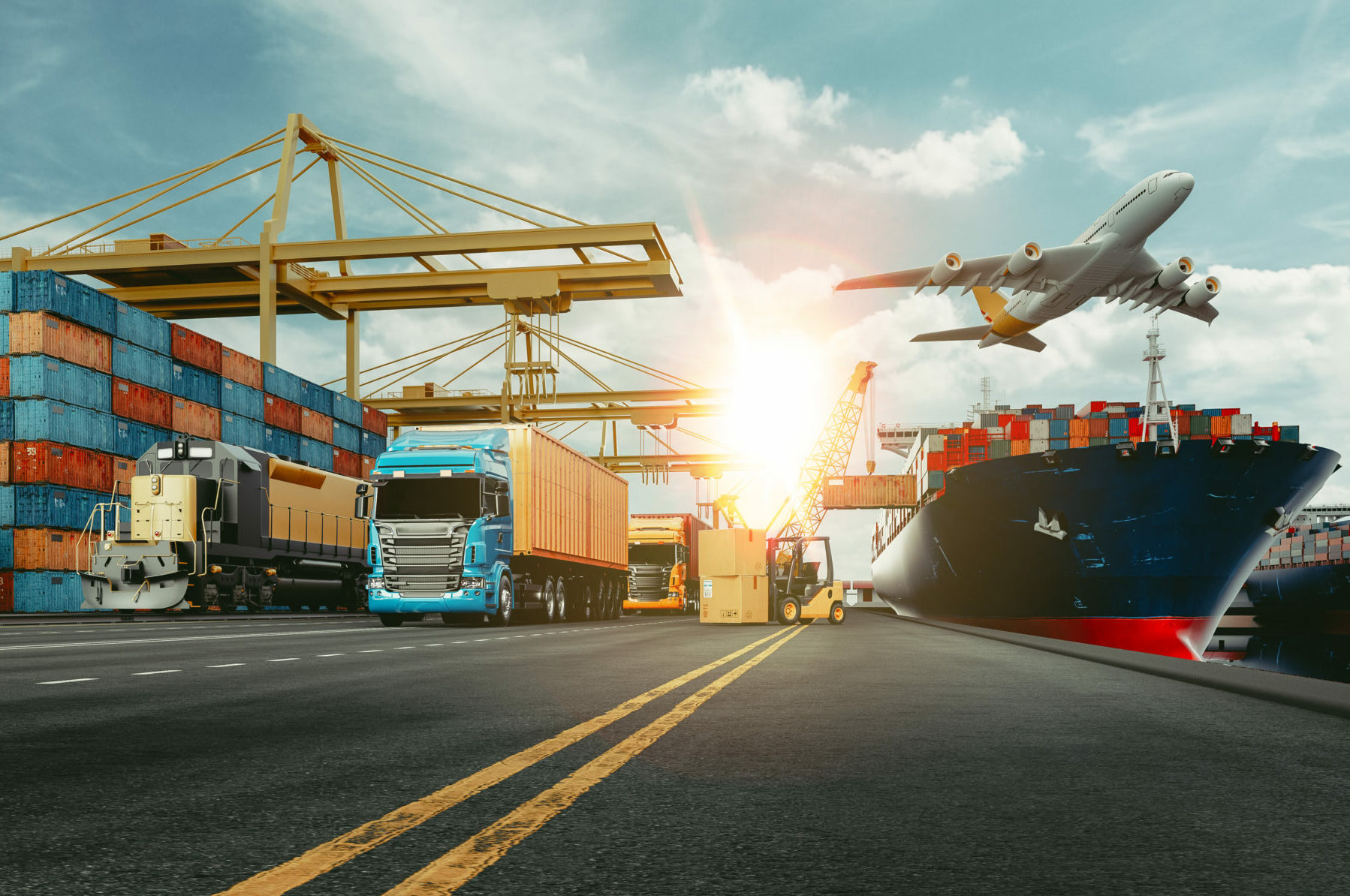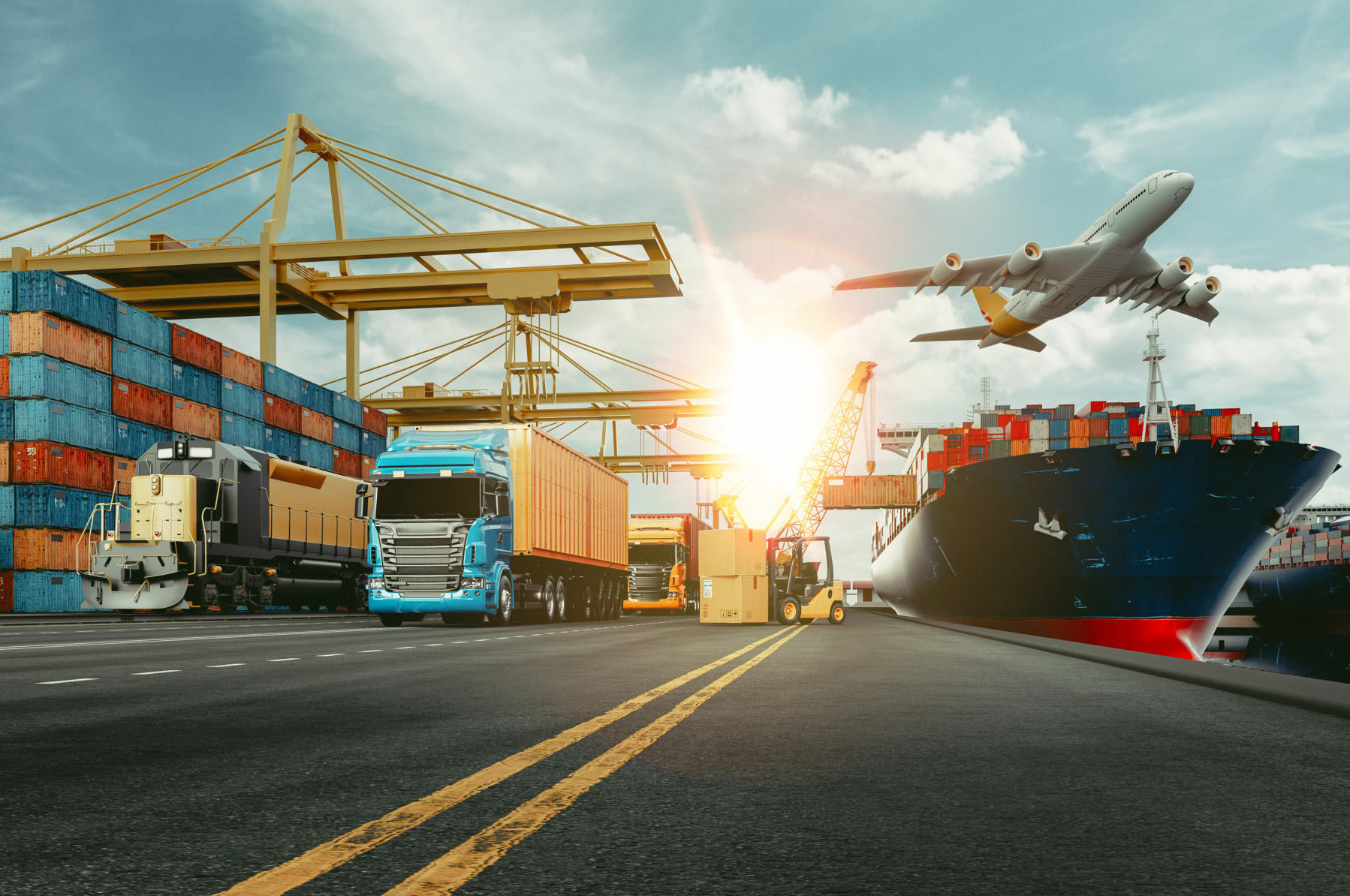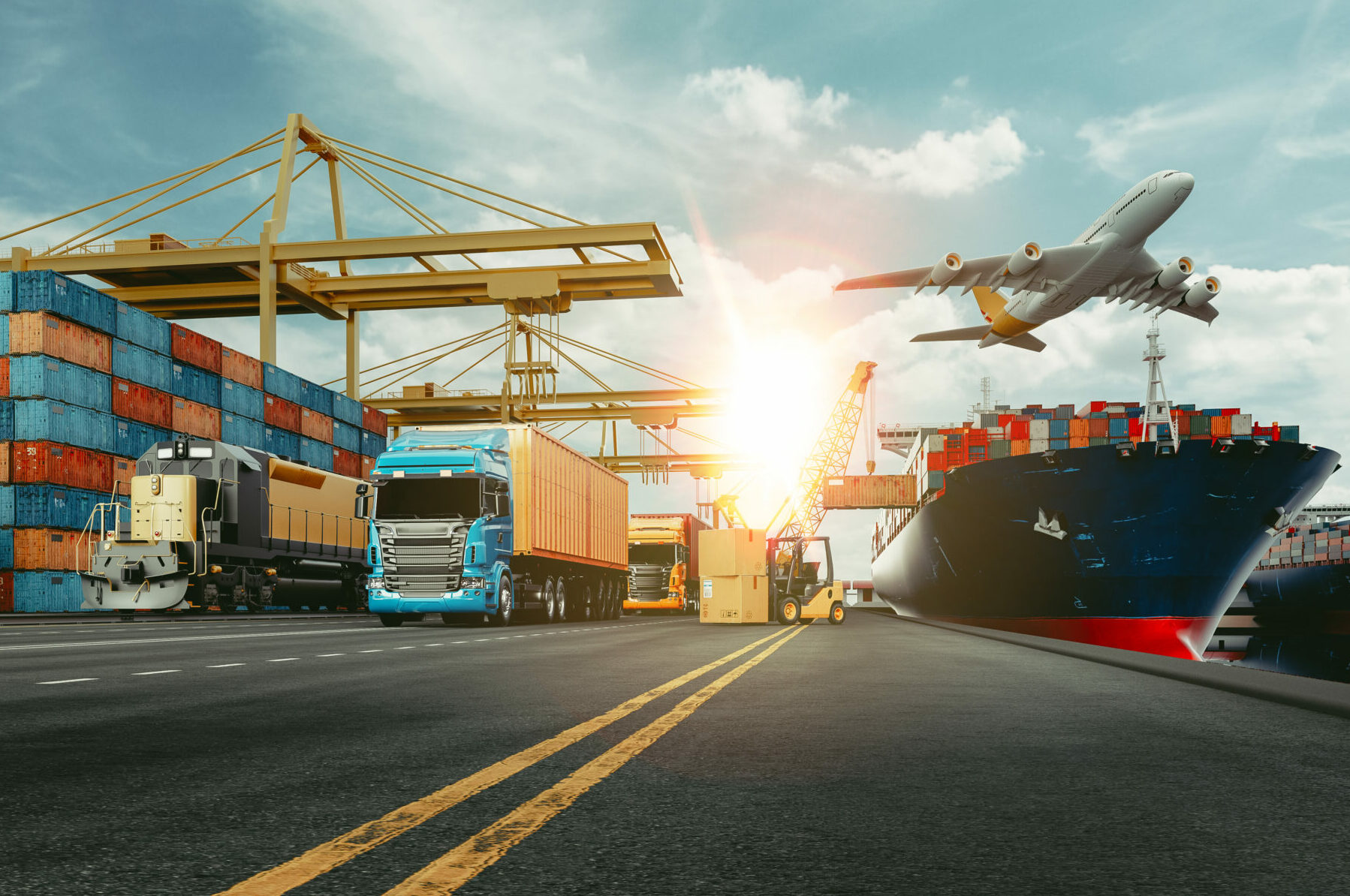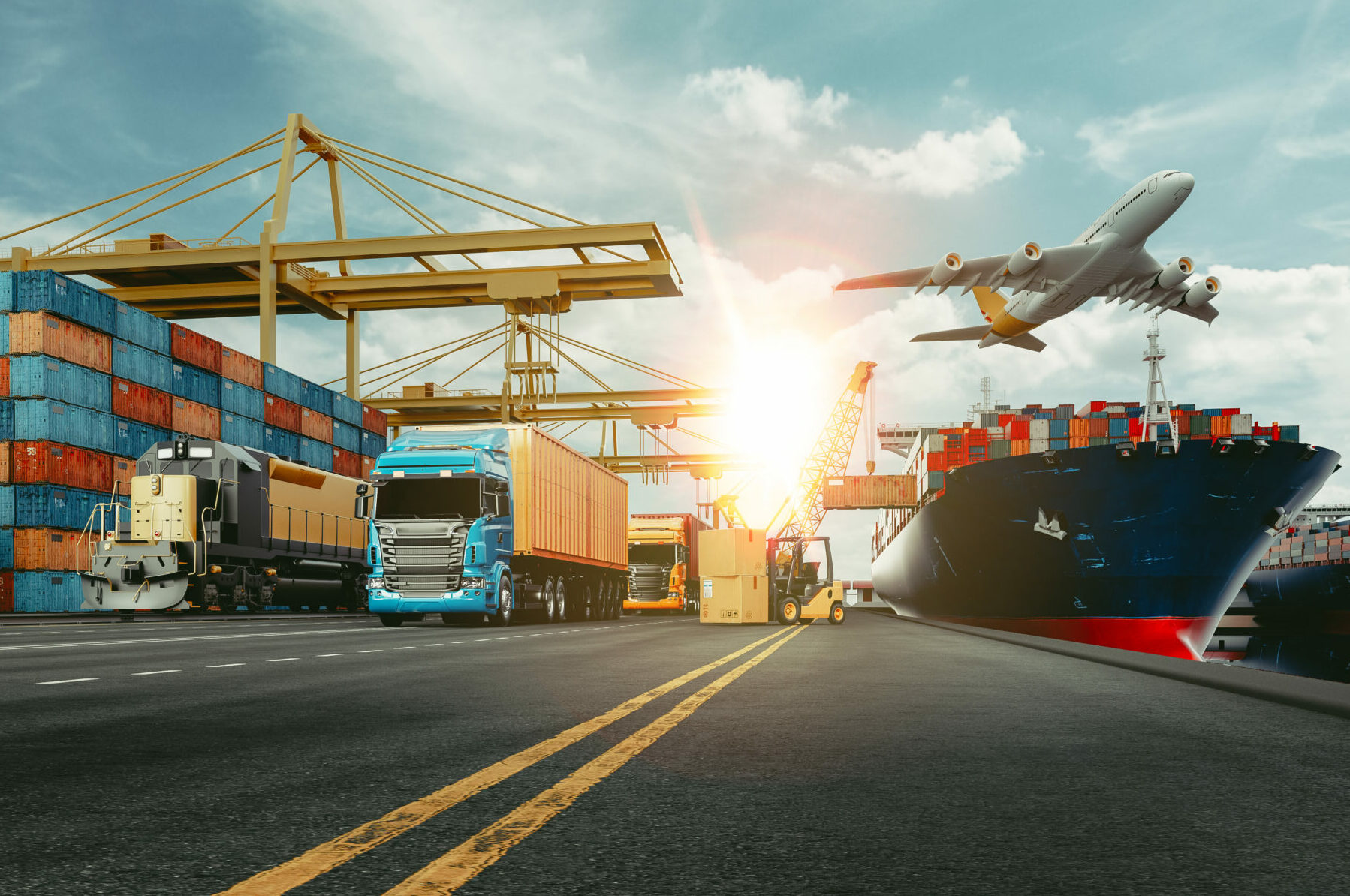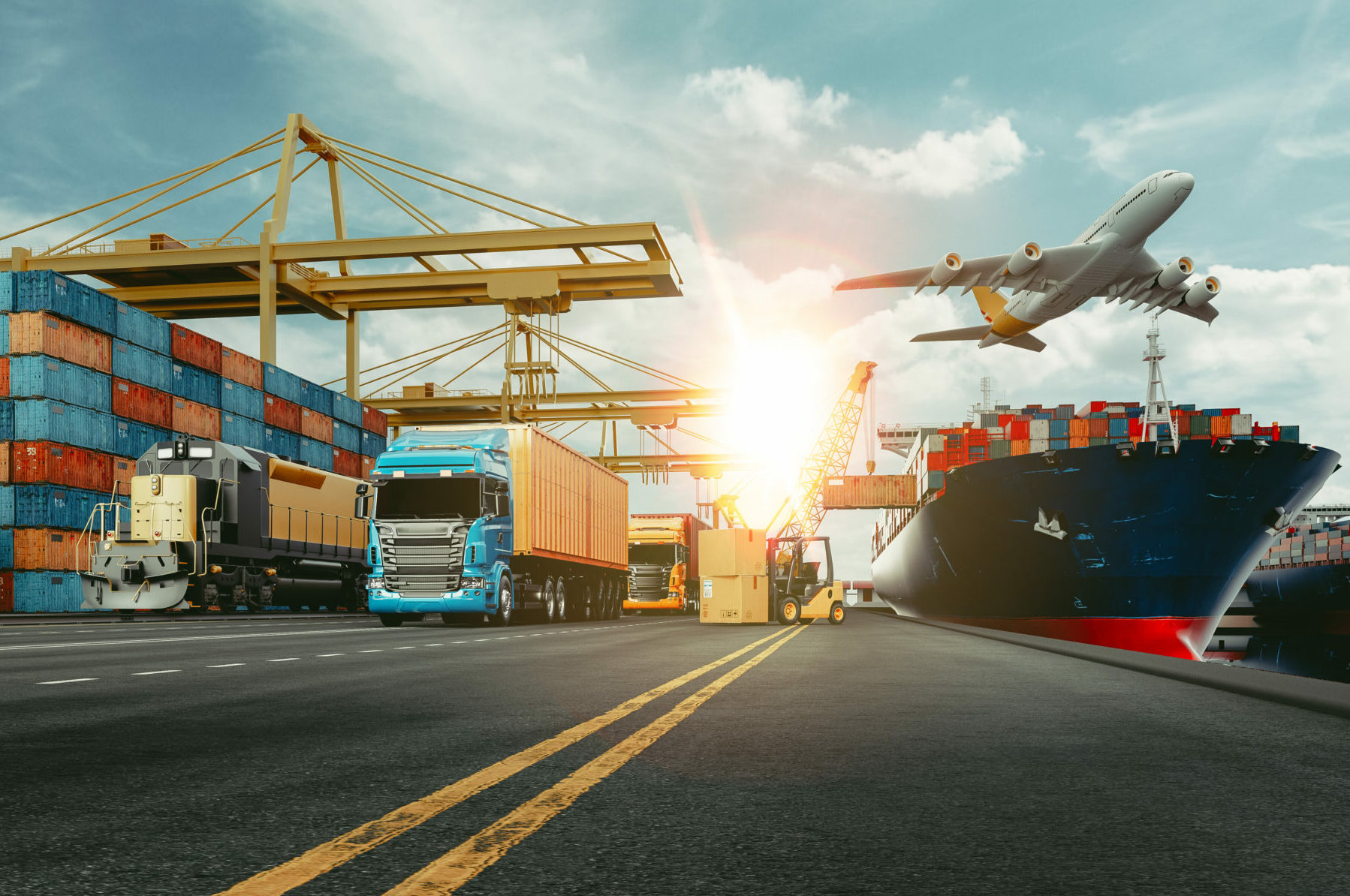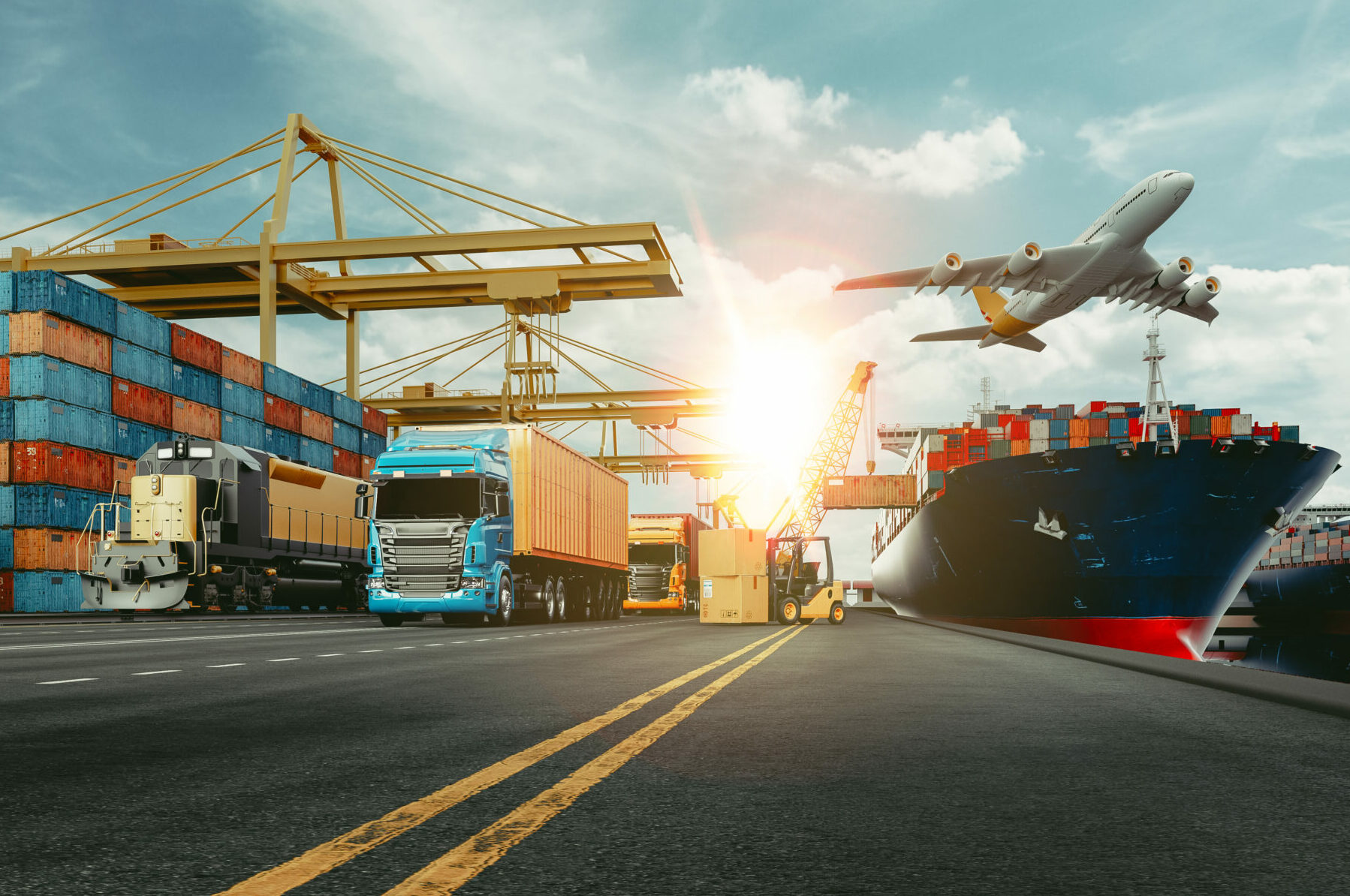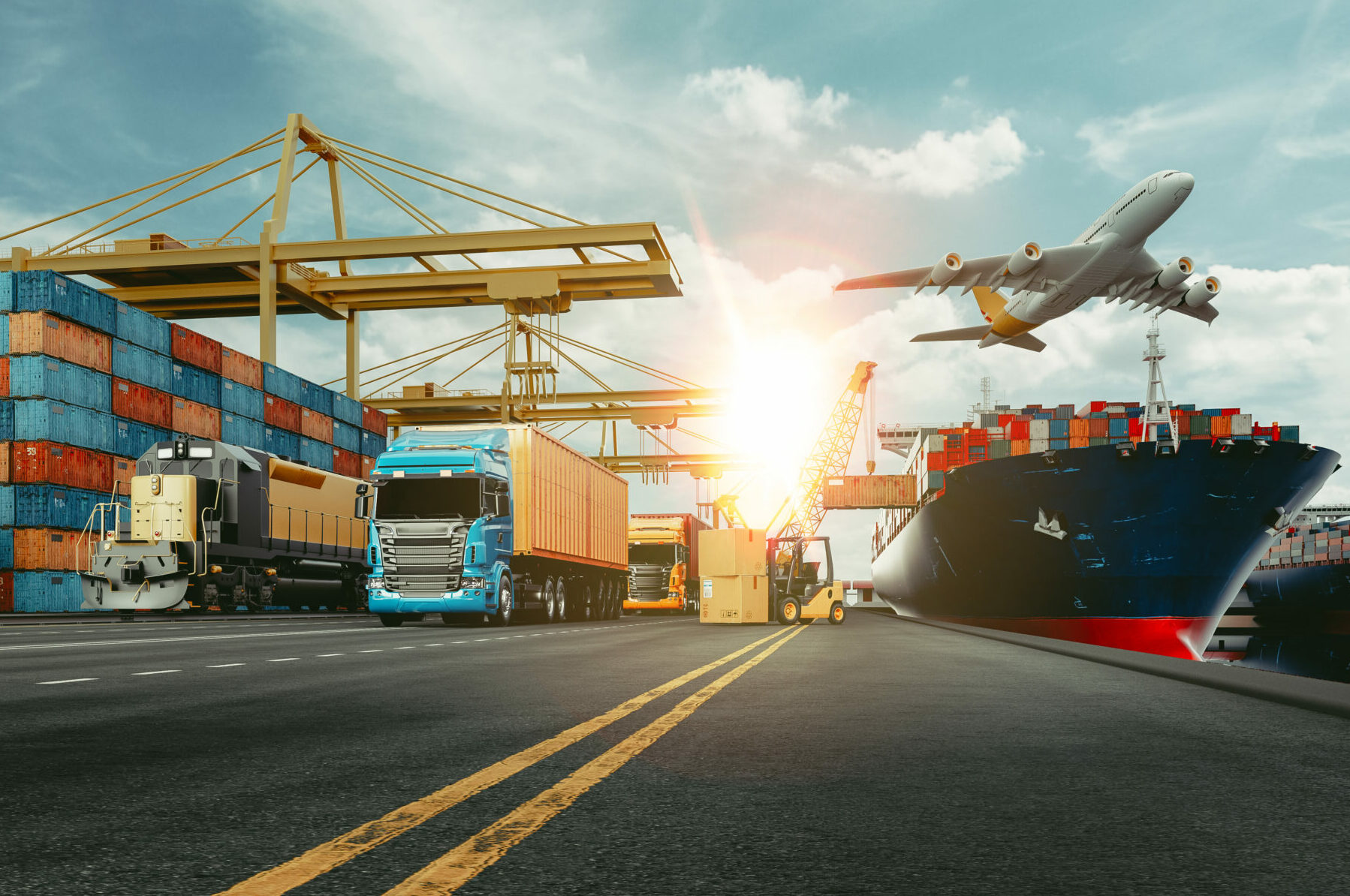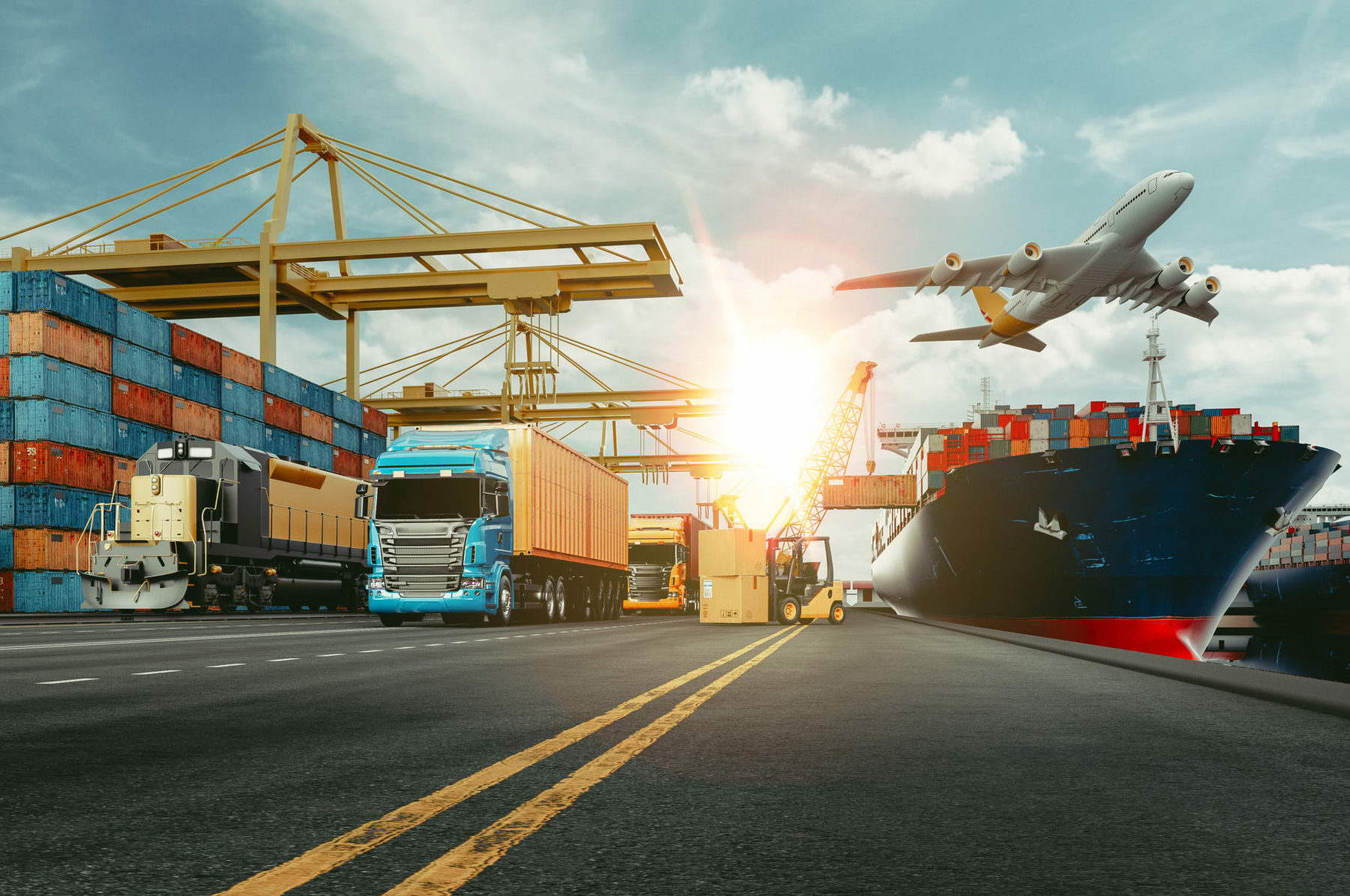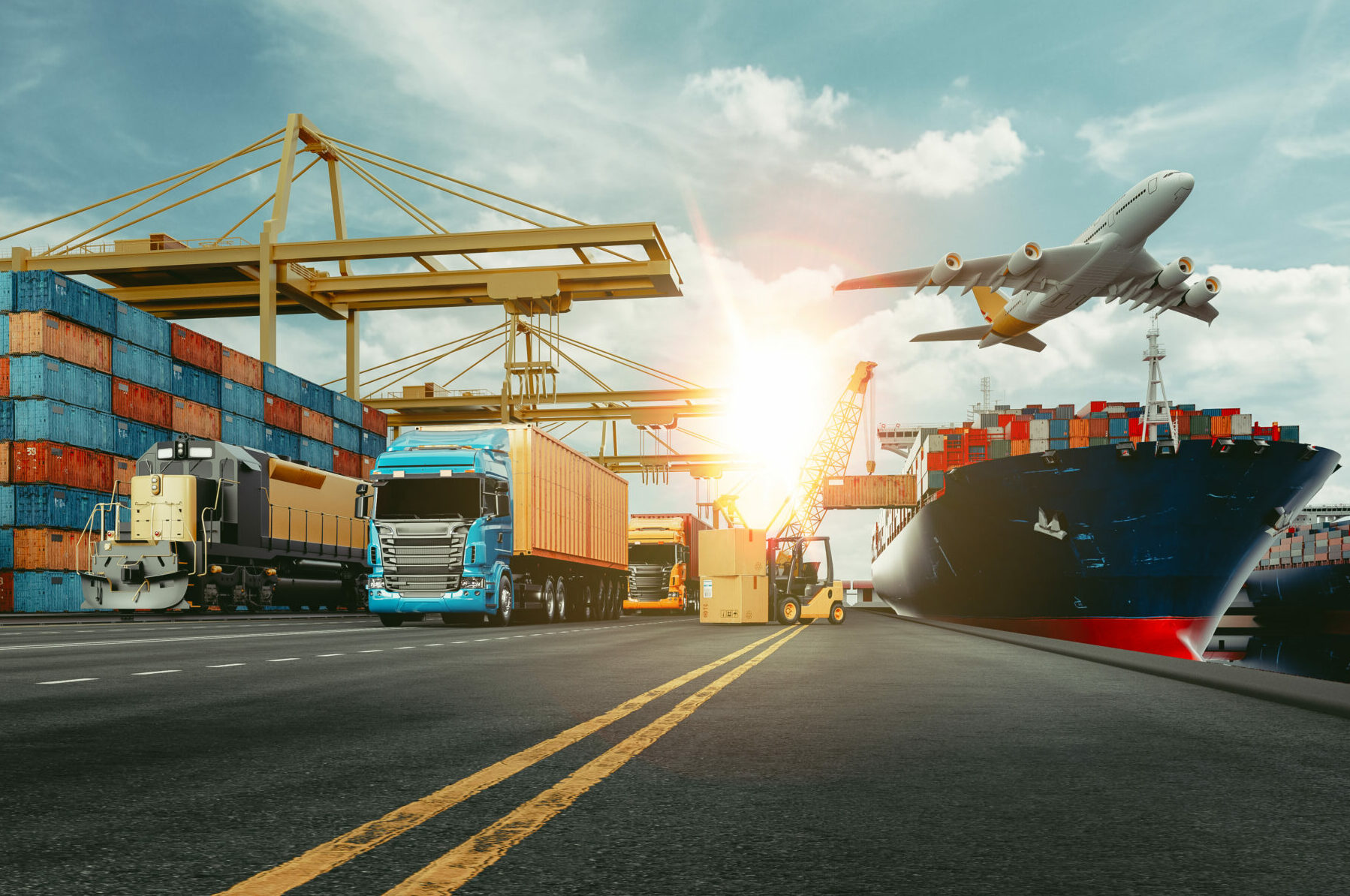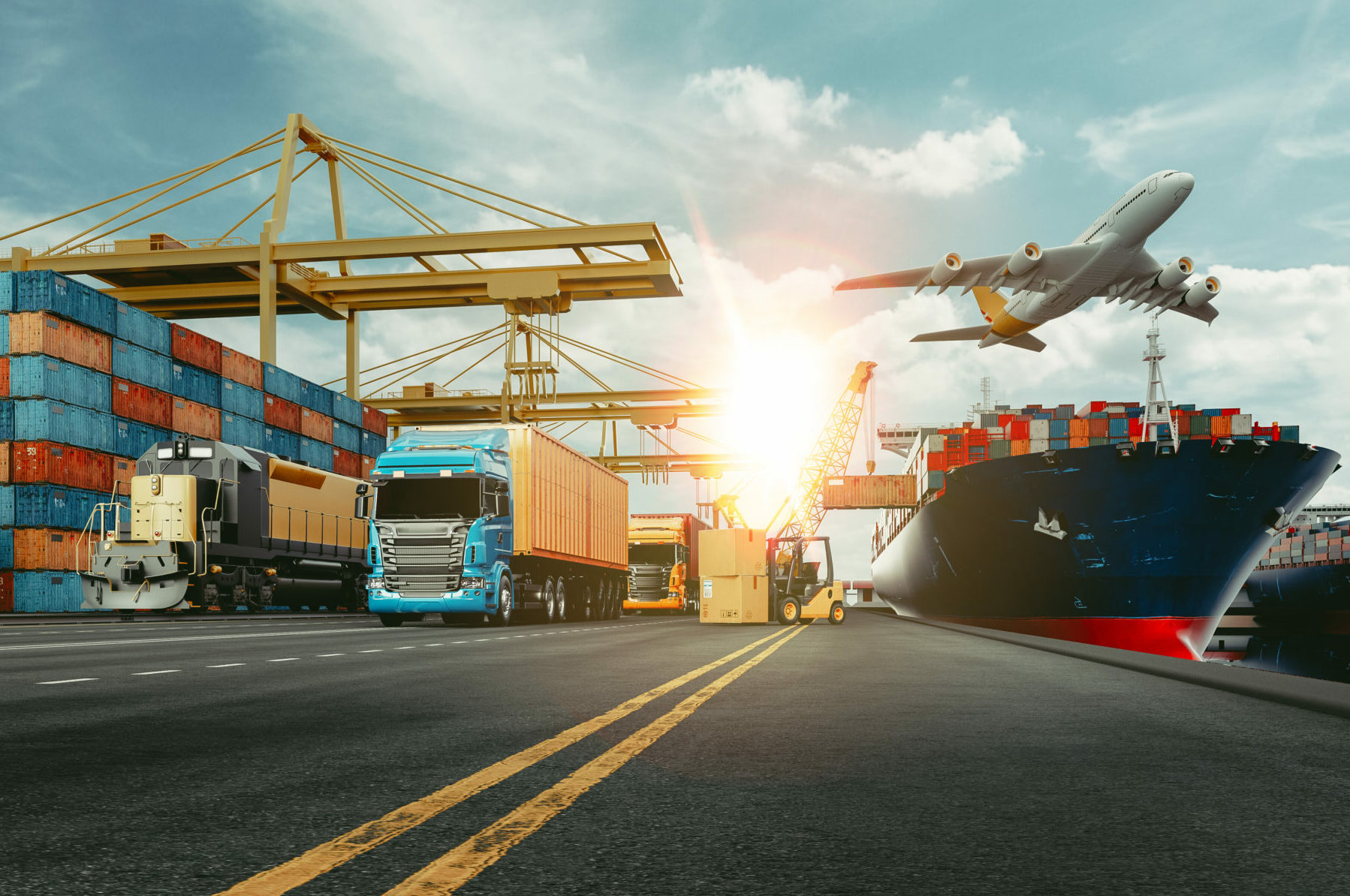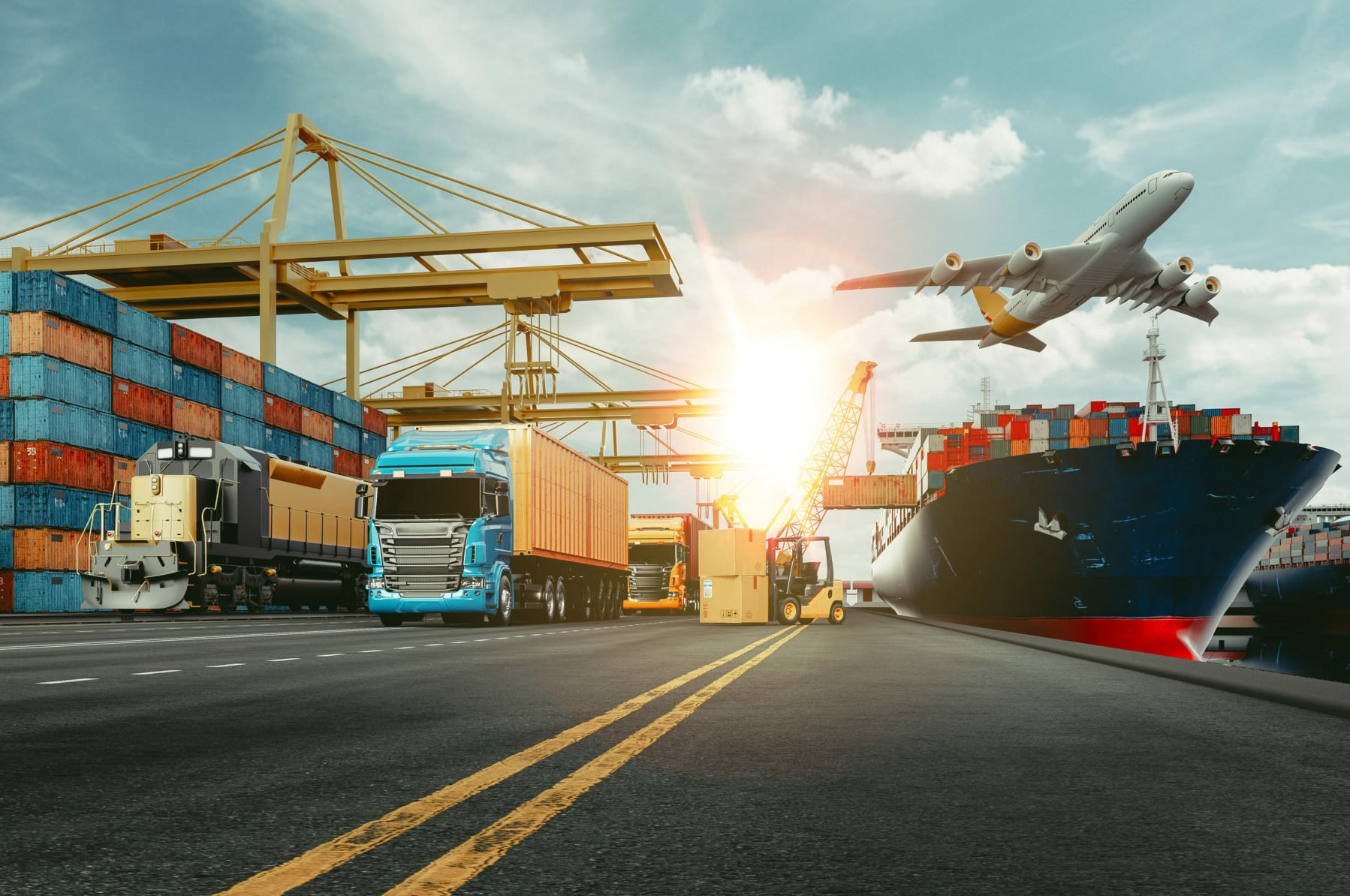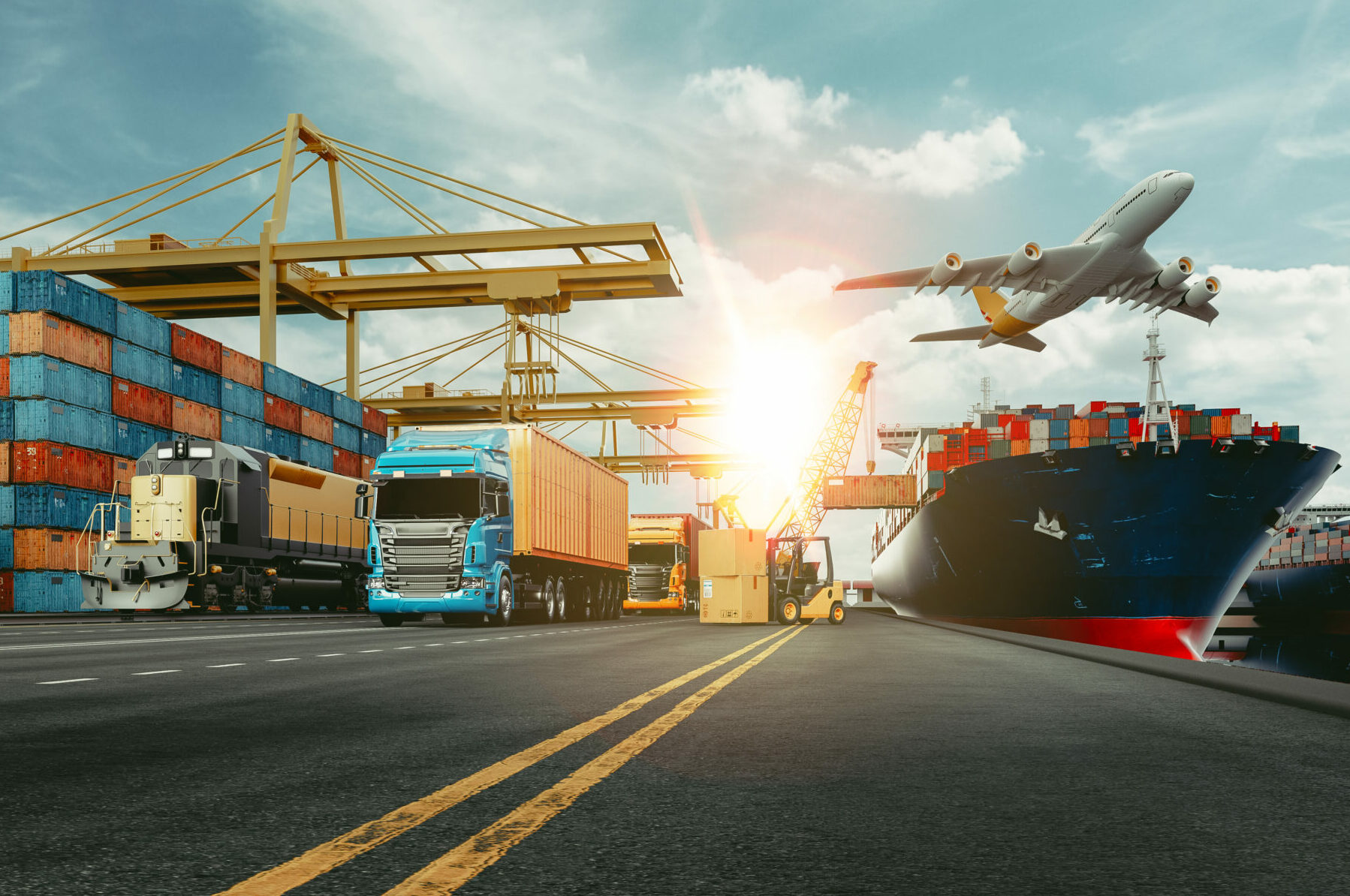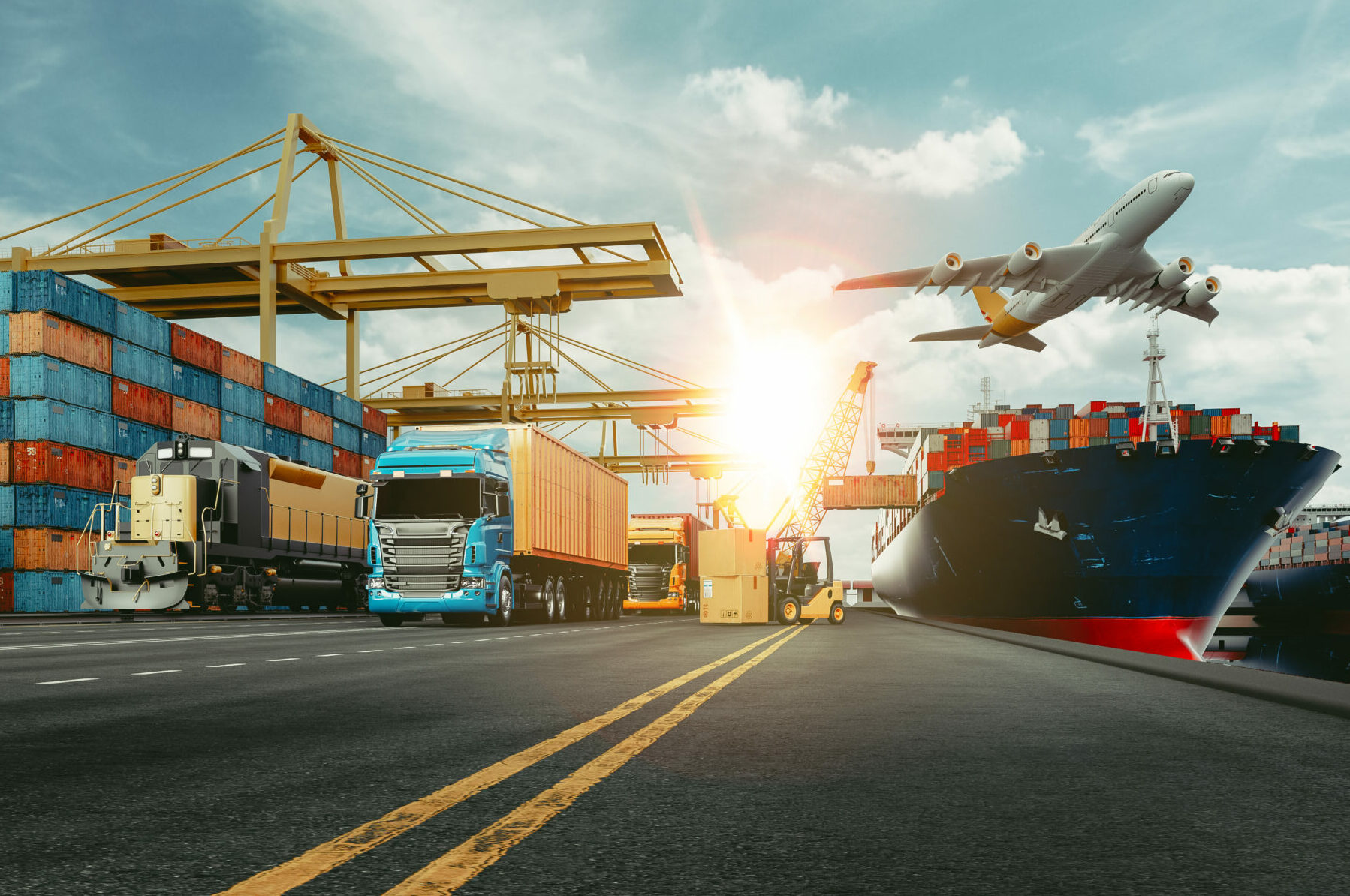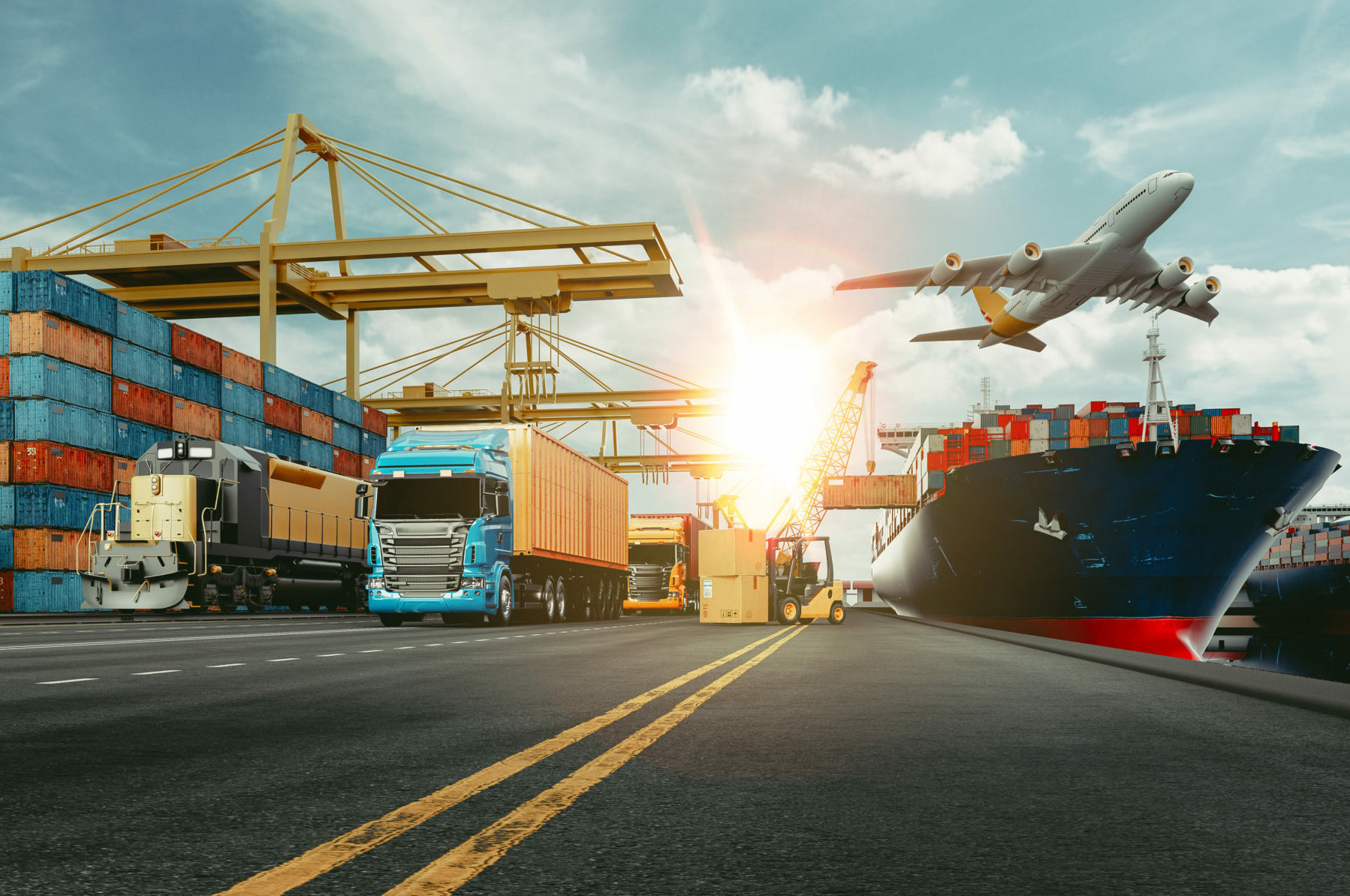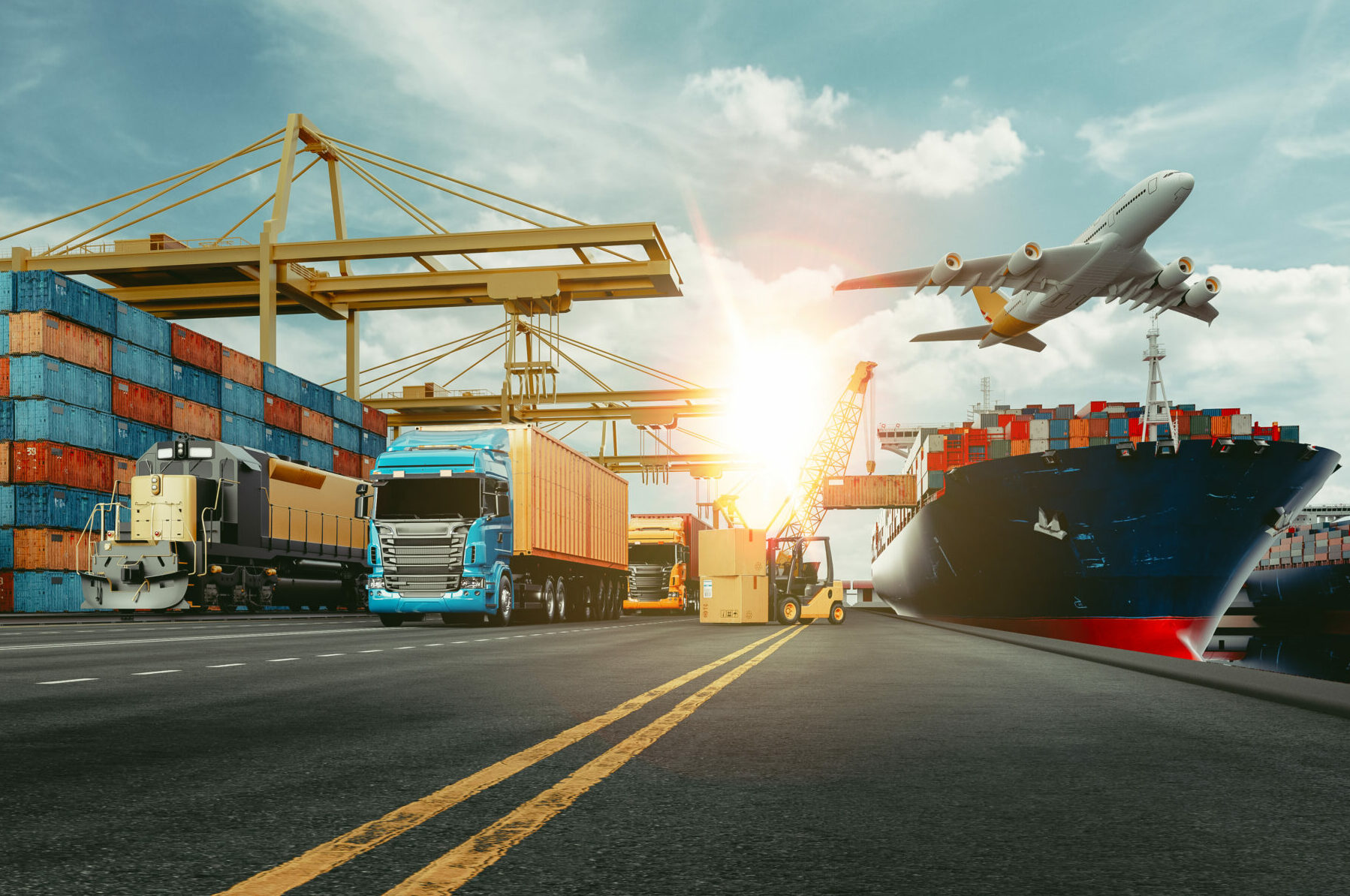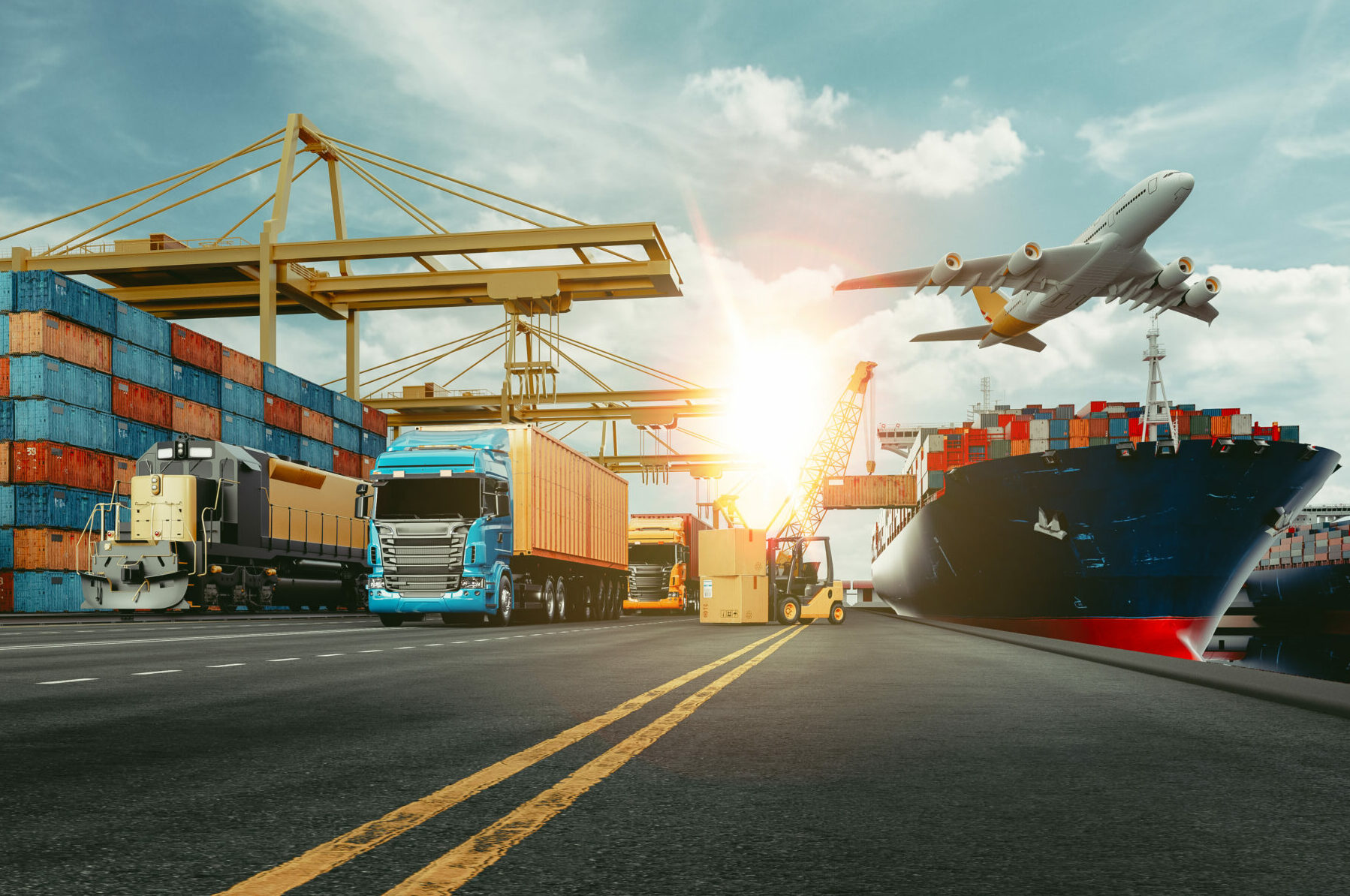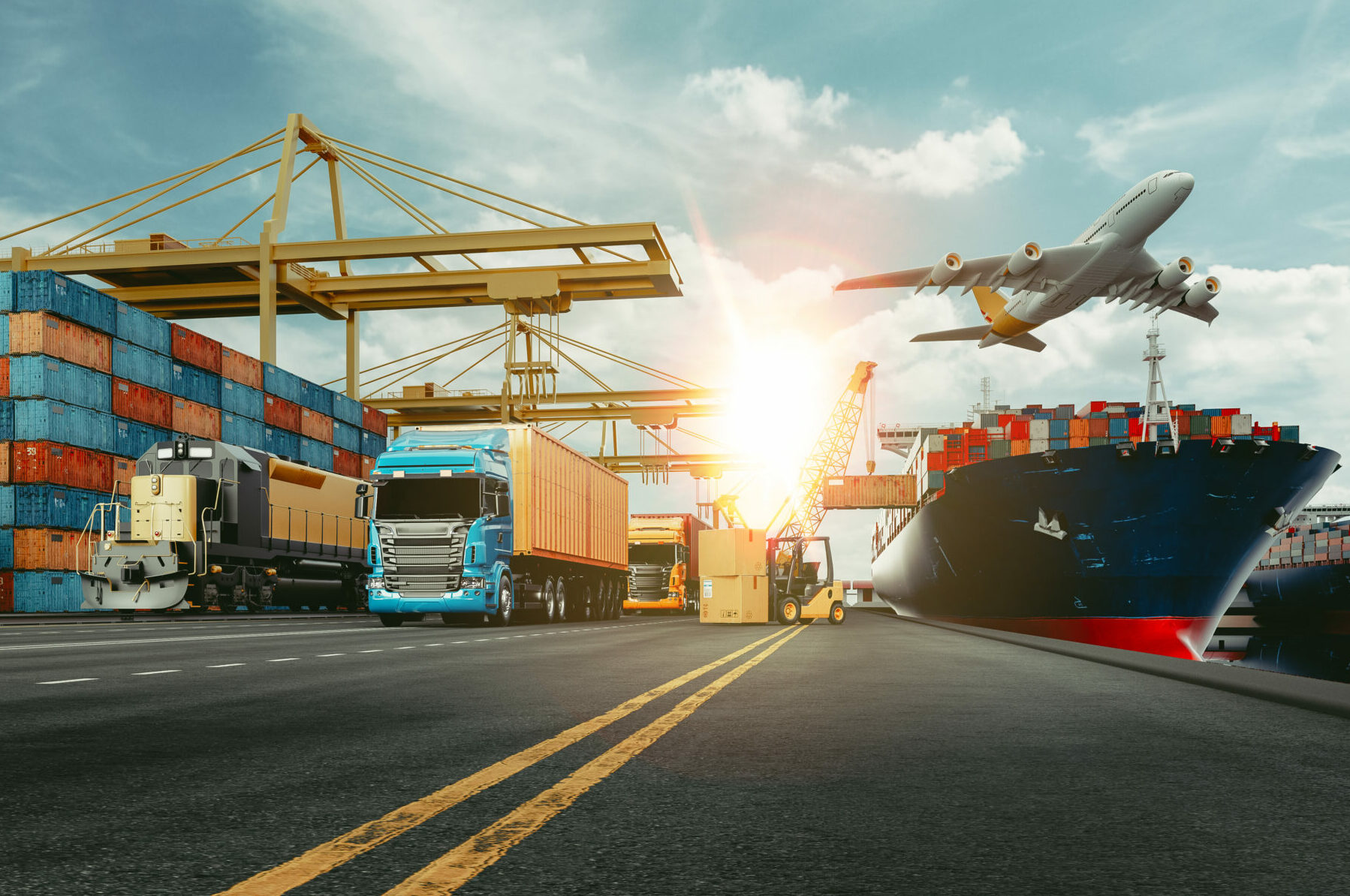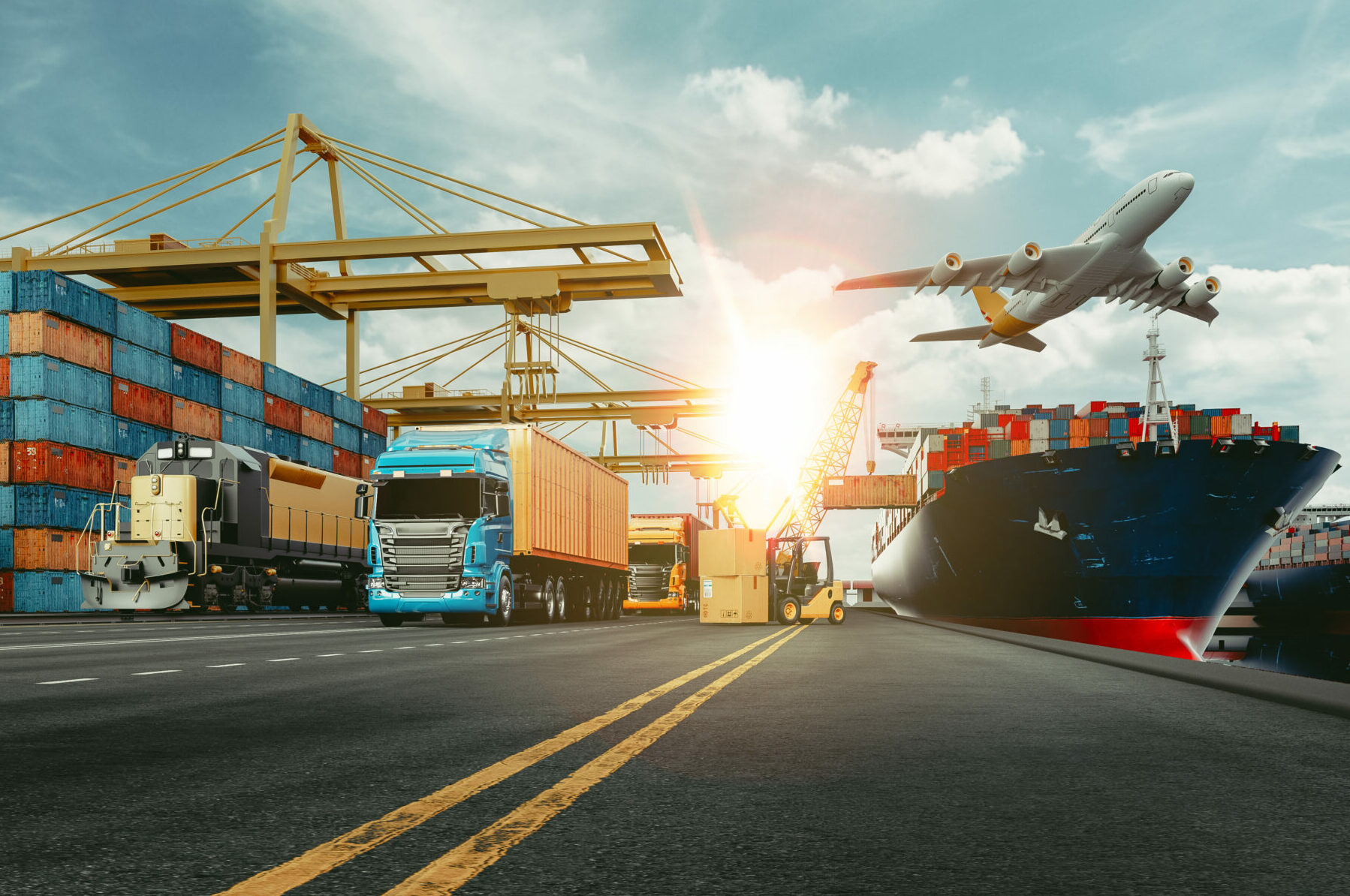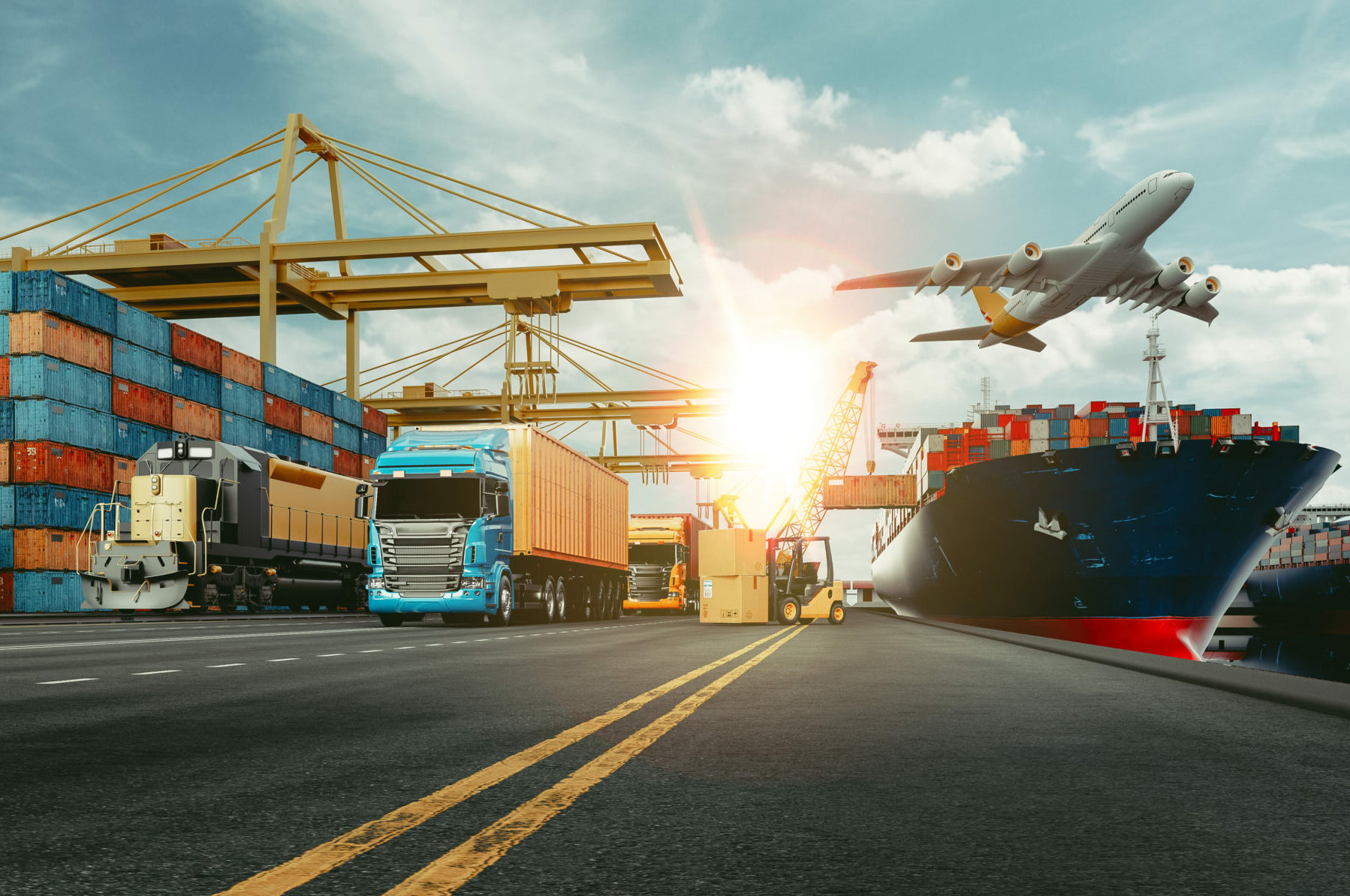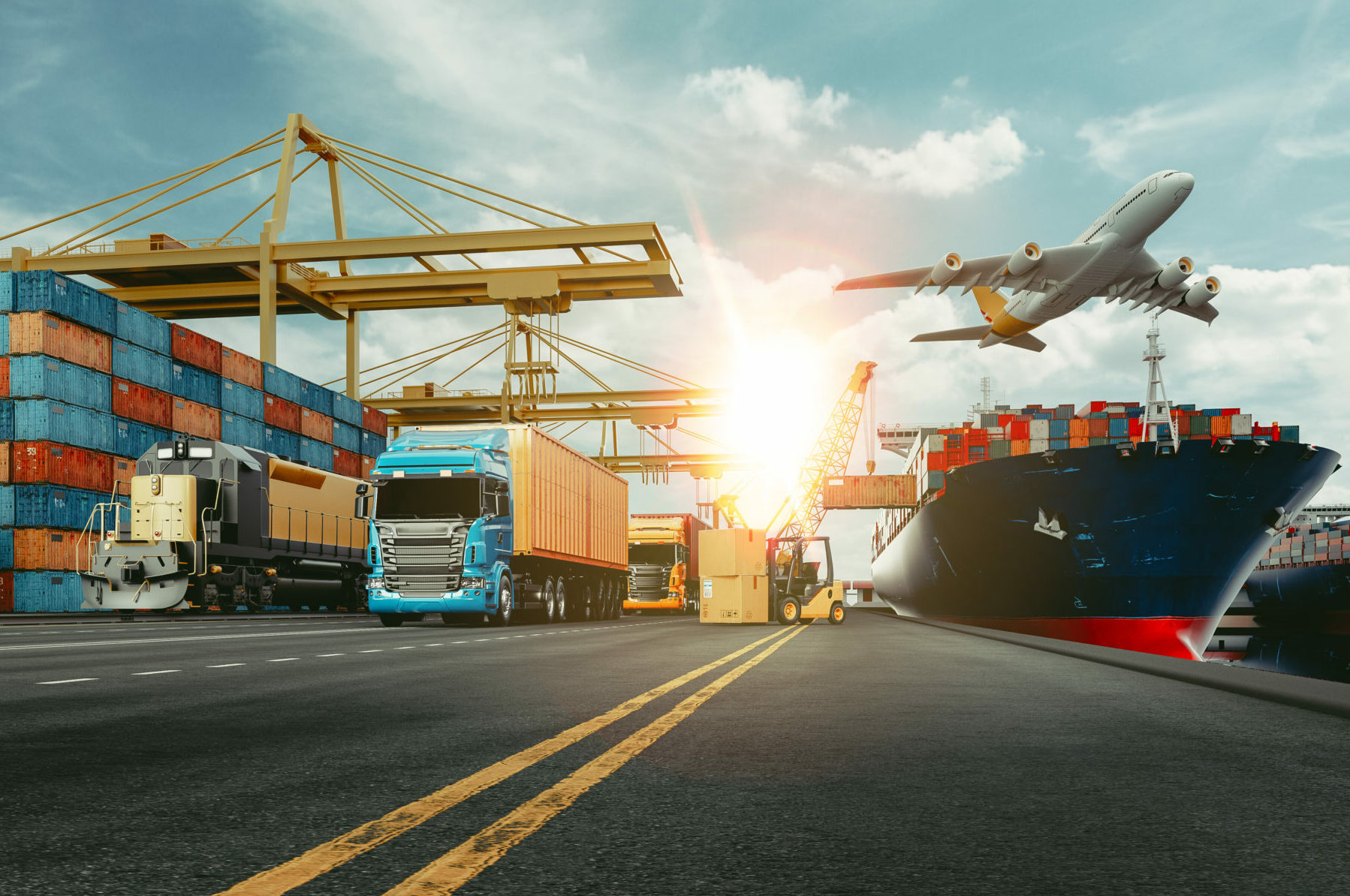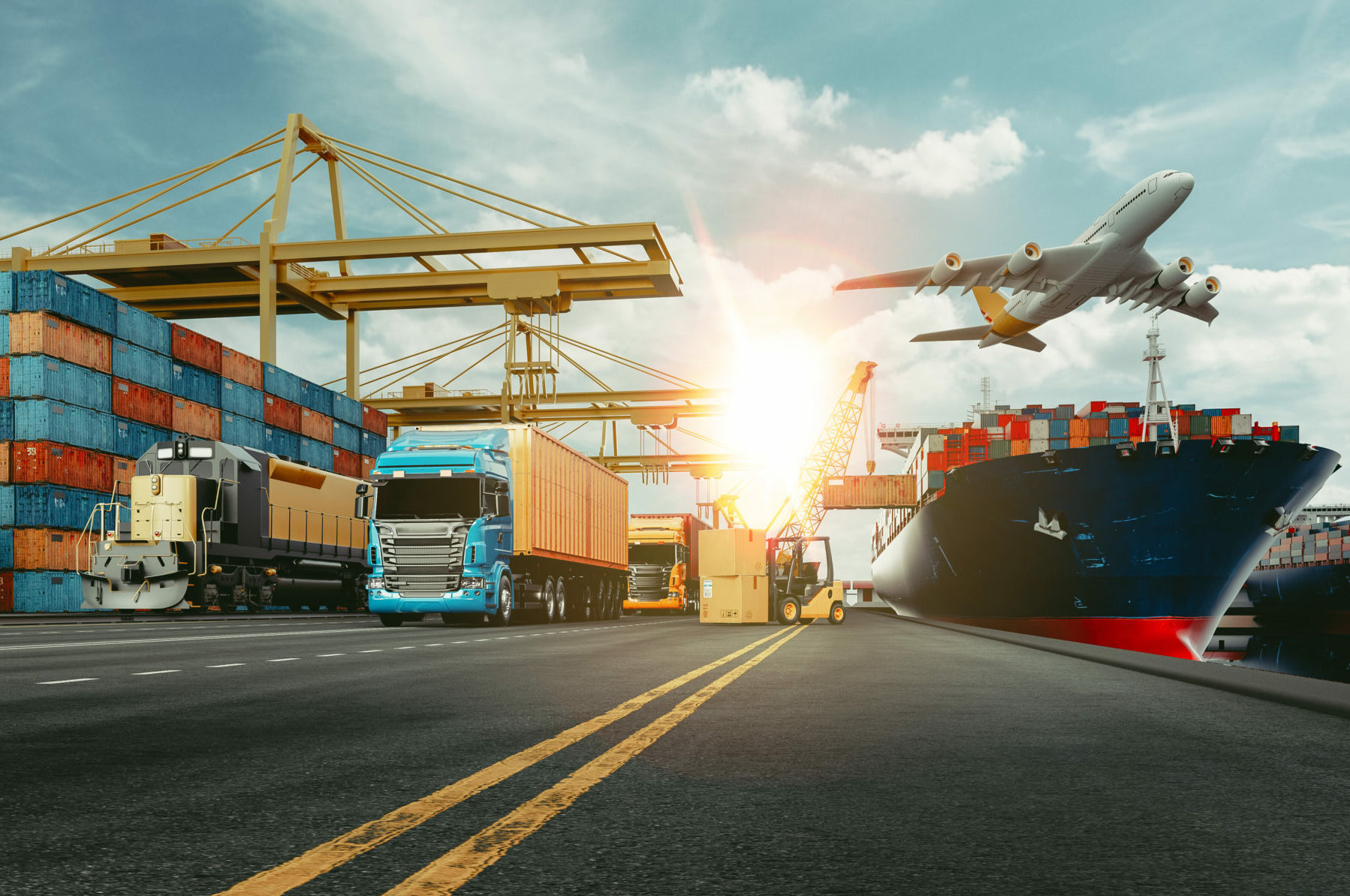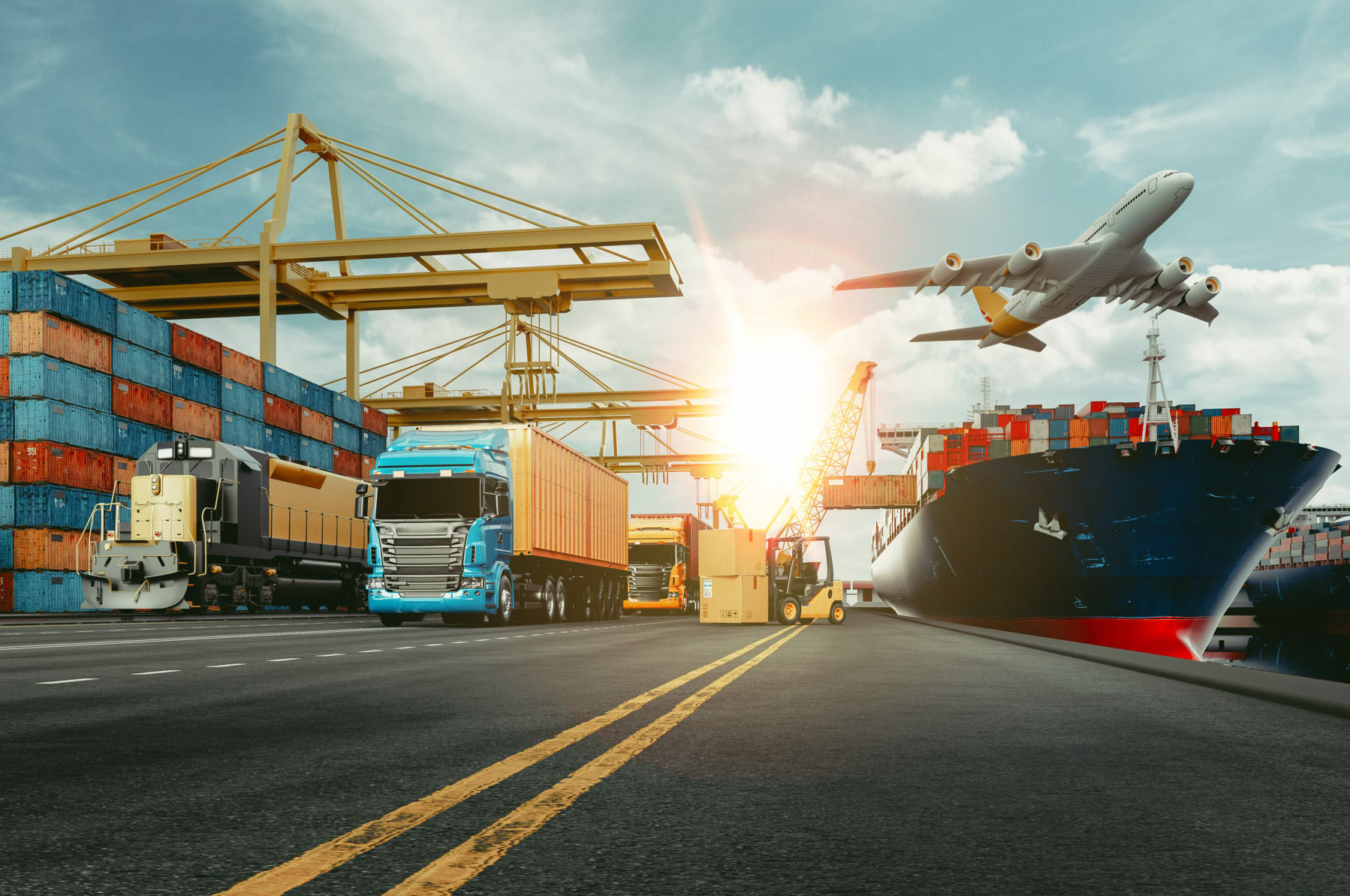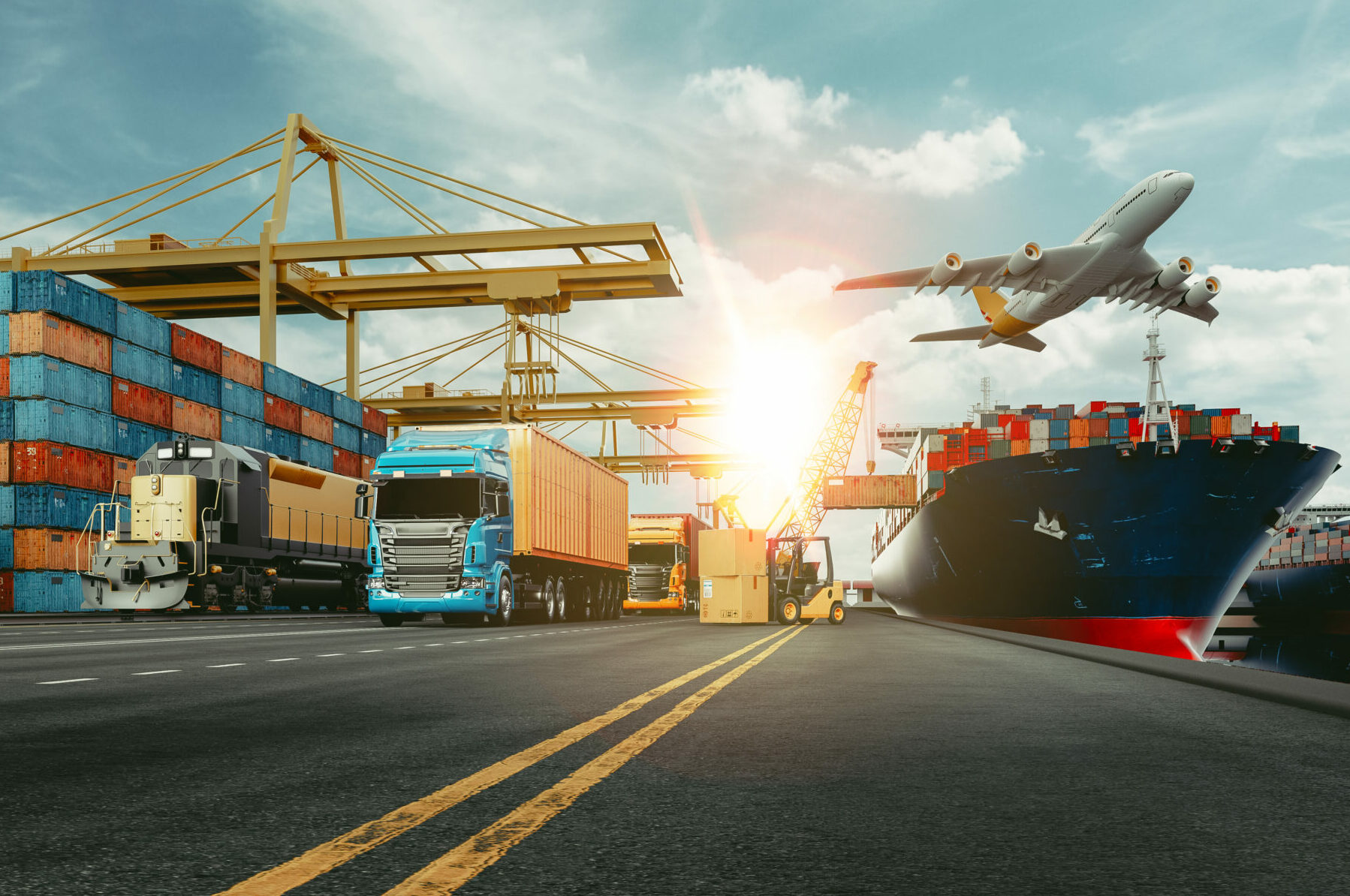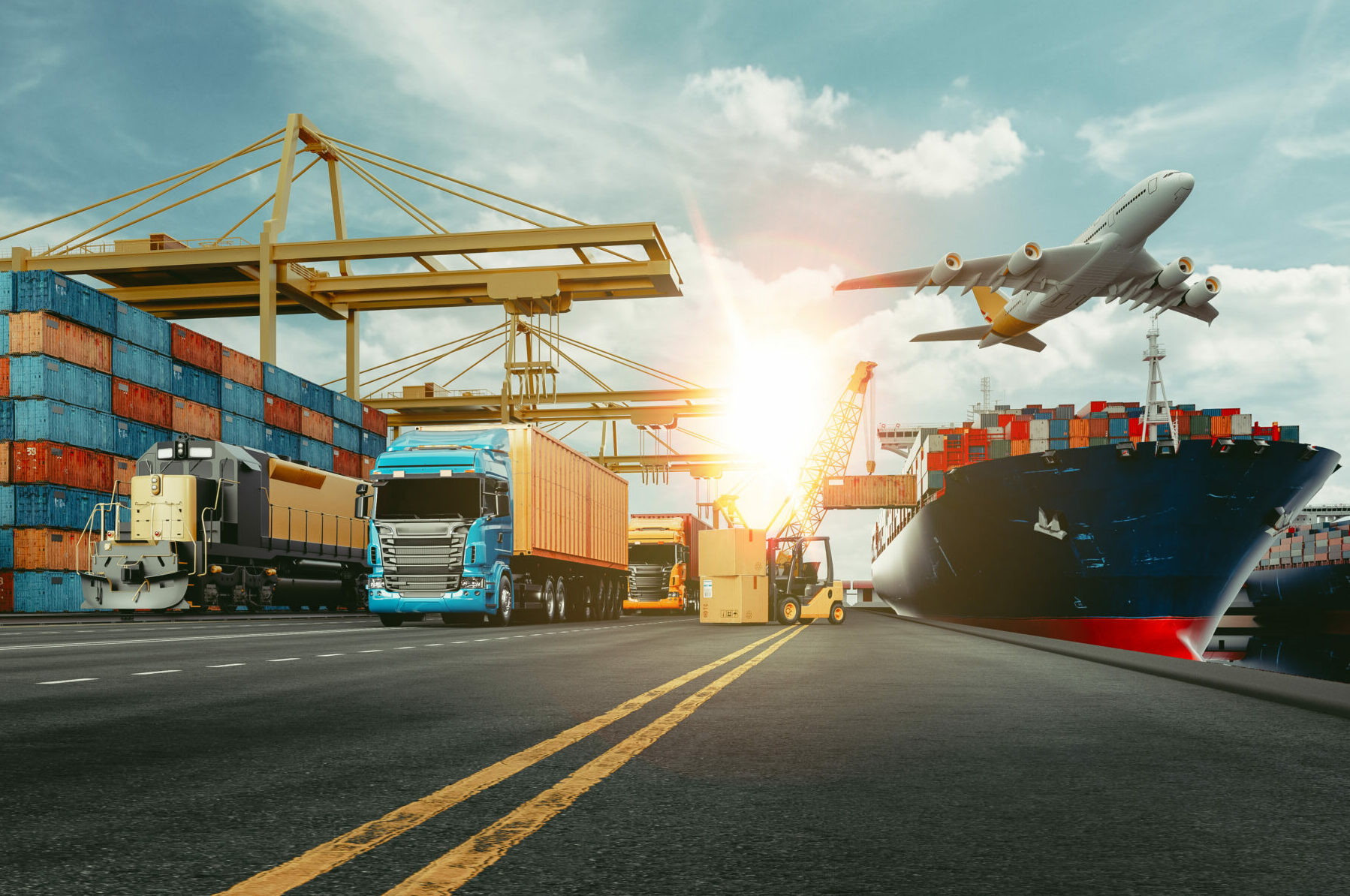The cargo forwarding industry handles billions of pounds worth of goods annually, with high-value cargo presenting unique risks and challenge…
Specialized Rail Cargo Networks Freight Insurance: A Comprehensive Guide
The rail freight industry in the United Kingdom moves millions of tonnes of cargo annually, with specialized rail cargo networks handling everything from automotive components and construction materials to hazardous chemicals and perishable goods. As these networks become increasingly sophisticated and the value of transported goods continues to rise, comprehensive freight insurance has become essential for operators, logistics providers, and businesses that rely on rail transport.
Specialized rail cargo networks face unique challenges that standard freight insurance policies may not adequately address. From intermodal transfers and cross-border movements to the handling of temperature-sensitive pharmaceuticals and oversized industrial equipment, these operations require tailored insurance solutions that understand the complexities of modern rail logistics.
This comprehensive guide explores the essential aspects of freight insurance for specialized rail cargo networks, helping businesses understand their coverage options, manage risks effectively, and ensure their valuable cargo is protected throughout the supply chain.
Understanding Specialized Rail Cargo Networks
Specialized rail cargo networks differ significantly from standard freight rail operations. These networks are designed to handle specific types of cargo that require particular handling procedures, equipment, or regulatory compliance measures.
Types of Specialized Rail Cargo
Specialized rail networks typically handle several categories of freight, each with distinct insurance considerations:
- Automotive and Machinery: New vehicles, automotive components, heavy machinery, and industrial equipment requiring specialized loading equipment and secure transport
- Chemicals and Hazardous Materials: Industrial chemicals, petroleum products, and other dangerous goods requiring compliance with hazardous materials regulations
- Temperature-Controlled Cargo: Pharmaceuticals, perishable foods, and other goods requiring refrigerated or climate-controlled rail cars
- High-Value Goods: Electronics, luxury items, and other valuable cargo requiring enhanced security measures
- Oversized and Project Cargo: Construction equipment, wind turbine components, and other exceptionally large or heavy items
- Intermodal Containers: Standardized containers moving between rail, road, and maritime transport modes
- Bulk Materials: Coal, aggregates, grain, and other commodities moved in specialized hopper or tank cars
The Complexity of Modern Rail Networks
Today's specialized rail cargo networks involve multiple stakeholders, including rail operators, freight forwarders, terminal operators, customs authorities, and end customers. Cargo may pass through numerous hands and transfer points, creating multiple opportunities for loss or damage. Understanding where liability lies at each stage is crucial for ensuring adequate insurance coverage.
Key Coverage Areas for Rail Freight Insurance
Comprehensive freight insurance for specialized rail cargo networks should address multiple risk categories that can impact operations and cargo integrity.
Cargo Damage and Loss
The primary function of freight insurance is protecting against physical loss or damage to cargo during transit. For specialized rail networks, this coverage must account for the specific vulnerabilities of different cargo types. Temperature-sensitive pharmaceuticals may be damaged by refrigeration unit failure, automotive components may suffer scratches or dents during loading, and hazardous materials may leak or spill due to container failure.
Quality policies provide all-risk coverage that protects against a wide range of perils, including derailment, collision, fire, theft, vandalism, and natural disasters. Coverage should extend from the point of origin through all intermodal transfers to final delivery, ensuring no gaps in protection.
Theft and Security Breaches
High-value cargo moving through rail networks presents an attractive target for organized theft. Specialized rail cargo insurance should provide comprehensive theft coverage, including losses from rail yards, during transfers, and from secured facilities. Enhanced coverage may be necessary for particularly valuable shipments, with insurers often requiring specific security measures such as GPS tracking, sealed containers, or security escorts.
Contamination and Spoilage
For temperature-controlled and food-grade cargo, contamination and spoilage represent significant risks. Insurance coverage should protect against losses resulting from refrigeration failure, cross-contamination from other cargo, and exposure to environmental contaminants. This is particularly important for pharmaceutical shipments where temperature excursions can render entire loads worthless.
Delay and Consequential Loss
In time-sensitive supply chains, delays can be as costly as physical damage. Advanced freight insurance policies can include coverage for losses resulting from delays, including spoilage of perishable goods, production line stoppages, and contractual penalties. This coverage is particularly valuable for just-in-time manufacturing operations that depend on precise delivery schedules.
Liability Coverage
Rail cargo operators face potential liability for damage to third-party property, environmental contamination, and injuries resulting from their operations. Comprehensive insurance should include carrier's legal liability coverage protecting against claims arising from cargo handling, hazardous materials incidents, and operational accidents.
Customs and Regulatory Issues
International rail movements involve customs procedures and regulatory compliance requirements. Insurance can cover losses resulting from customs seizures, regulatory violations, and documentation errors that prevent cargo from reaching its destination.
Risk Factors in Specialized Rail Cargo Operations
Understanding the specific risks facing specialized rail cargo networks helps businesses identify their insurance needs and implement effective risk management strategies.
Intermodal Transfer Points
The greatest risk of damage or loss often occurs during transfers between transport modes. Loading and unloading operations, temporary storage at terminals, and handoffs between carriers create opportunities for cargo damage, theft, and administrative errors. Insurance must clearly define coverage during these critical transition periods.
Infrastructure and Equipment Failure
Specialized rail cargo depends on functioning infrastructure and equipment. Refrigeration unit failures, track defects, signaling problems, and mechanical breakdowns can all result in cargo loss or damage. Insurance should address losses resulting from these equipment and infrastructure failures.
Weather and Natural Disasters
Severe weather events, flooding, and other natural disasters can disrupt rail operations and damage cargo. Climate change has increased the frequency and severity of extreme weather events, making this coverage increasingly important for rail freight operations.
Human Error and Operational Mistakes
Incorrect loading procedures, documentation errors, routing mistakes, and other human errors can result in significant losses. Comprehensive insurance provides protection against losses resulting from operational mistakes throughout the supply chain.
Regulatory Compliance
Specialized cargo, particularly hazardous materials and pharmaceuticals, faces stringent regulatory requirements. Non-compliance can result in cargo seizures, fines, and operational shutdowns. Insurance can help mitigate the financial impact of regulatory issues.
Policy Considerations and Coverage Options
Selecting appropriate freight insurance for specialized rail cargo networks requires careful consideration of coverage options and policy terms.
Valuation Methods
How cargo is valued for insurance purposes significantly impacts claim settlements. Policies may use invoice value, replacement cost, or agreed value methods. For specialized cargo, agreed value coverage often provides the most certainty, establishing the insured value upfront rather than debating valuations after a loss.
Deductibles and Excess
Higher deductibles reduce premium costs but increase out-of-pocket expenses when claims occur. Businesses should balance premium savings against their ability to absorb smaller losses. For high-volume operations, aggregate deductibles that apply across multiple shipments may provide cost-effective coverage.
Geographic Coverage
Rail cargo networks may operate domestically or extend across international borders. Policies should clearly define geographic coverage limits, ensuring protection throughout the entire route including any international segments.
Duration of Coverage
Coverage should extend from the point cargo is loaded until final delivery, including any storage periods at terminals or warehouses. For some specialized cargo, coverage may need to extend beyond delivery to include installation or commissioning periods.
Exclusions and Limitations
Understanding policy exclusions is as important as knowing what is covered. Common exclusions may include inherent vice (natural deterioration of cargo), inadequate packaging, war and terrorism, and nuclear incidents. Some exclusions can be bought back through additional premium or policy endorsements.
Risk Management Best Practices
Effective risk management not only reduces losses but can also result in more favorable insurance terms and lower premiums.
Cargo Securing and Packaging
Proper securing and packaging appropriate to the transport mode and cargo type prevents damage during normal transit and reduces losses from accidents. Specialized cargo may require custom packaging solutions, bracing systems, or protective equipment.
Technology and Tracking
GPS tracking, temperature monitoring, and shock sensors provide real-time visibility into cargo condition and location. These technologies enable rapid response to problems and provide valuable documentation for insurance claims. Many insurers offer premium discounts for operations using advanced tracking technology.
Carrier Selection and Vetting
Working with reputable carriers that maintain proper insurance, safety records, and equipment standards reduces risk throughout the supply chain. Due diligence in carrier selection demonstrates risk management commitment to insurers.
Documentation and Record-Keeping
Thorough documentation of cargo condition, loading procedures, and transfer handoffs supports insurance claims and helps identify process improvements. Photographic evidence, inspection reports, and detailed shipping documents provide essential claim support.
Staff Training and Procedures
Well-trained staff following established procedures reduce operational errors that can lead to cargo damage or loss. Regular training on specialized cargo handling, hazardous materials procedures, and emergency response demonstrates operational competence to insurers.
Emergency Response Planning
Having established procedures for responding to incidents minimizes losses and demonstrates preparedness to insurers. Emergency plans should address various scenarios including derailments, hazardous materials spills, theft, and natural disasters.
The Claims Process for Rail Freight Insurance
Understanding the claims process ensures rapid response and fair settlements when losses occur.
Immediate Notification
Most policies require prompt notification of losses or potential claims. Immediate reporting allows insurers to investigate while evidence is fresh and may enable salvage operations that reduce overall losses.
Documentation Requirements
Successful claims require comprehensive documentation including bills of lading, commercial invoices, packing lists, inspection reports, photographs of damage, and correspondence with carriers. Maintaining organized records throughout the shipping process facilitates claim settlement.
Loss Assessment and Surveying
For significant losses, insurers typically appoint surveyors to assess damage and determine causation. Cooperation with surveyors and providing access to cargo, documentation, and personnel supports efficient claim resolution.
Salvage and Mitigation
Policyholders have a duty to mitigate losses and may be required to participate in salvage operations. Reasonable efforts to minimize damage and preserve cargo value are expected and can significantly impact claim settlements.
Settlement and Recovery
Once liability is established and losses quantified, insurers settle claims according to policy terms. In cases where third parties are responsible for losses, insurers may pursue subrogation recovery, potentially reducing future premiums through successful recoveries.
Factors Affecting Insurance Costs
Several factors influence premium rates for specialized rail cargo freight insurance:
- Cargo Type and Value: High-value and hazardous cargo typically commands higher premiums due to increased risk exposure
- Route and Distance: Longer routes and those passing through high-risk areas result in higher premiums
- Claims History: Operations with favorable loss experience benefit from lower premiums, while frequent claims drive costs higher
- Security Measures: Enhanced security including tracking, sealed containers, and security escorts can reduce premiums
- Risk Management Practices: Demonstrated commitment to risk management through procedures, training, and technology can result in premium discounts
- Coverage Limits and Deductibles: Higher coverage limits increase premiums while higher deductibles reduce them
- Volume and Frequency: High-volume shippers may negotiate more favorable rates based on the overall premium volume
Regulatory Compliance and Insurance Requirements
Specialized rail cargo operations must comply with various regulatory requirements that impact insurance needs.
Carrier Liability Regulations
Rail carriers operate under specific liability frameworks that limit their responsibility for cargo losses. Understanding these limitations is essential for determining appropriate insurance coverage. In the UK, carrier liability is governed by various conventions and regulations that may limit recovery from carriers to amounts far below actual cargo values.
Hazardous Materials Requirements
Transport of dangerous goods by rail requires compliance with the Carriage of Dangerous Goods and Use of Transportable Pressure Equipment Regulations (CDG). Insurance policies must address the specific risks and potential liabilities associated with hazardous materials transport, including environmental cleanup costs and third-party injury claims.
International Transport Conventions
Cross-border rail movements may fall under international conventions such as the Convention concerning International Carriage by Rail (COTIF). Understanding how these conventions interact with insurance coverage ensures adequate protection for international shipments.
Selecting the Right Insurance Provider
Choosing an appropriate insurer for specialized rail cargo operations requires consideration of several factors beyond premium cost.
Industry Experience and Expertise
Insurers with specific experience in rail freight and specialized cargo understand the unique risks and coverage needs of these operations. Their expertise results in more appropriate policy terms and smoother claims handling.
Financial Strength and Stability
Insurance is only valuable if the insurer can pay claims when losses occur. Evaluating insurer financial ratings through agencies such as AM Best or Standard & Poor's ensures your coverage is backed by financial stability.
Claims Handling Reputation
An insurer's reputation for fair and efficient claims handling is as important as policy terms. Research claims handling experiences and seek references from similar operations before committing to a provider.
Risk Management Support
Leading insurers offer risk management services including loss prevention advice, training resources, and safety consultations. These value-added services can improve operations and reduce losses beyond the insurance coverage itself.
Global Network and Support
For operations involving international rail movements, insurers with global networks and local expertise in multiple jurisdictions provide seamless coverage and claims support across borders.
Future Trends in Rail Freight Insurance
The rail freight industry continues to evolve, bringing new challenges and opportunities for insurance coverage.
Digital Transformation and IoT
The increasing adoption of Internet of Things (IoT) devices, blockchain technology, and digital documentation is transforming rail freight operations. Smart containers with embedded sensors provide real-time data on cargo condition, location, and handling. This technology enables more precise risk assessment, dynamic pricing models, and faster claims processing. Insurers are developing parametric insurance products that automatically trigger payments when sensor data indicates specific loss events.
Sustainability and Green Logistics
As businesses prioritize environmental sustainability, rail freight is experiencing renewed growth due to its lower carbon footprint compared to road transport. Insurance products are evolving to support green logistics initiatives, with some insurers offering premium discounts for environmentally responsible operations and coverage for carbon credit losses.
Autonomous and Semi-Autonomous Operations
Advances in automation technology are enabling more autonomous rail operations, from automated loading systems to driver-assist technologies. These developments present new risk profiles that insurance products must address, including cyber security vulnerabilities and technology failure scenarios.
Supply Chain Resilience
Recent global disruptions have highlighted the importance of supply chain resilience. Insurance products are expanding to provide broader business interruption coverage, alternative routing support, and protection against supply chain disruptions beyond traditional physical damage scenarios.
Real-World Scenarios and Insurance Responses
Pharmaceutical Cold Chain Failure
A specialized pharmaceutical shipment worth £2 million experienced refrigeration failure during a cross-country rail journey. Temperature monitoring systems alerted the operator to the problem, but by the time the issue was addressed, the cargo had been outside acceptable temperature ranges for several hours. The comprehensive freight insurance policy covered the full value of the spoiled pharmaceuticals, and the insurer's investigation led to improved maintenance procedures that prevented future incidents.
Derailment of Automotive Components
A freight train carrying automotive components derailed due to track defects, damaging multiple rail cars and their contents. The specialized rail cargo insurance covered not only the physical damage to the components but also the consequential losses faced by the automotive manufacturer whose production line was disrupted. The policy's delay coverage compensated for the costs of expedited replacement shipments and production downtime.
Theft from Rail Terminal
High-value electronics awaiting intermodal transfer at a rail terminal were stolen during an organized theft operation. The freight insurance policy's comprehensive theft coverage provided full compensation for the stolen goods. Following the incident, the insurer worked with the operator to implement enhanced security measures including improved CCTV coverage and GPS tracking for high-value shipments, resulting in reduced premiums despite the claim.
Working with a Specialist Insurance Broker
The complexity of specialized rail cargo freight insurance makes working with an experienced insurance broker highly valuable. Specialist brokers bring several advantages to the insurance procurement process.
Market Access and Negotiation
Brokers maintain relationships with multiple insurers and can access specialized markets that may not be available to direct buyers. Their negotiating power and market knowledge often result in more competitive terms and broader coverage than businesses can obtain independently.
Policy Design and Customization
Experienced brokers understand the specific risks facing specialized rail cargo operations and can design policies tailored to unique operational requirements. They ensure coverage addresses all relevant exposures without unnecessary overlaps or gaps.
Claims Advocacy
When losses occur, brokers advocate on behalf of their clients throughout the claims process. Their expertise in policy interpretation and claims procedures helps ensure fair and prompt settlements.
Ongoing Risk Management Support
Quality brokers provide ongoing risk management advice, helping clients implement loss prevention measures and adapt coverage as operations evolve. This partnership approach adds value beyond the insurance placement itself.
Practical Steps for Securing Appropriate Coverage
Businesses operating or utilizing specialized rail cargo networks should follow a systematic approach to securing appropriate insurance coverage:
- Conduct a Comprehensive Risk Assessment: Identify all potential exposures including cargo types, routes, transfer points, and operational procedures
- Evaluate Existing Coverage: Review current insurance policies to identify gaps, overlaps, and areas where coverage may be inadequate
- Determine Coverage Requirements: Based on risk assessment, establish appropriate coverage limits, deductibles, and policy features
- Engage a Specialist Broker: Work with a broker experienced in rail freight insurance to access appropriate markets and design suitable coverage
- Implement Risk Management Measures: Develop and implement procedures, training, and technology to reduce risks and demonstrate operational competence
- Document Operations Thoroughly: Maintain detailed records of cargo handling, inspections, and procedures to support insurance applications and potential claims
- Review Coverage Regularly: As operations evolve, regularly review insurance coverage to ensure it remains appropriate and adequate
- Develop Claims Response Procedures: Establish clear procedures for responding to incidents and filing insurance claims to ensure rapid and effective response
Conclusion
Specialized rail cargo networks play a vital role in modern supply chains, moving high-value and complex cargo across the UK and internationally. The unique risks facing these operations demand comprehensive and tailored insurance solutions that go beyond standard freight coverage.
Effective freight insurance for specialized rail cargo networks must address multiple risk categories including physical damage, theft, contamination, delay, and liability exposures. Coverage should extend seamlessly across all stages of the journey, from origin through intermodal transfers to final delivery, ensuring no gaps in protection.
The cost of inadequate insurance far exceeds the premium savings from minimal coverage. A single significant loss can devastate a business financially, while comprehensive coverage provides the financial security to recover from incidents and continue operations. Beyond claims payments, quality insurance provides access to risk management expertise, loss prevention resources, and industry knowledge that improves operations and reduces overall risk exposure.
As the rail freight industry continues to evolve with new technologies, sustainability initiatives, and changing supply chain dynamics, insurance products must adapt to address emerging risks and opportunities. Working with experienced insurance professionals who understand both the rail freight industry and the insurance market ensures businesses obtain coverage that truly protects their interests.
For businesses operating specialized rail cargo networks or those relying on rail freight for critical supply chain functions, investing time and resources in securing appropriate insurance coverage is not merely a regulatory requirement or contractual obligation—it is a fundamental business necessity that protects assets, ensures operational continuity, and provides peace of mind in an inherently risky environment.
Protect Your Specialized Rail Cargo Operations
At Insure24, we specialize in providing comprehensive freight insurance solutions for specialized rail cargo networks. Our team understands the unique challenges facing rail freight operations and works with leading insurers to deliver tailored coverage that protects your valuable cargo throughout the supply chain.
Whether you operate a specialized rail freight service, manage intermodal logistics, or rely on rail transport for critical supply chain functions, we can help you secure the insurance coverage you need. Our experienced advisors will assess your specific risks, design appropriate coverage, and provide ongoing support to ensure your operations remain protected.
Contact Insure24 today for a comprehensive review of your freight insurance needs. Call us on 0330 127 2333 or visit www.insure24.co.uk to request a quote. Protect your specialized rail cargo operations with insurance coverage designed for the complexities of modern freight logistics.


 0330 127 2333
0330 127 2333
